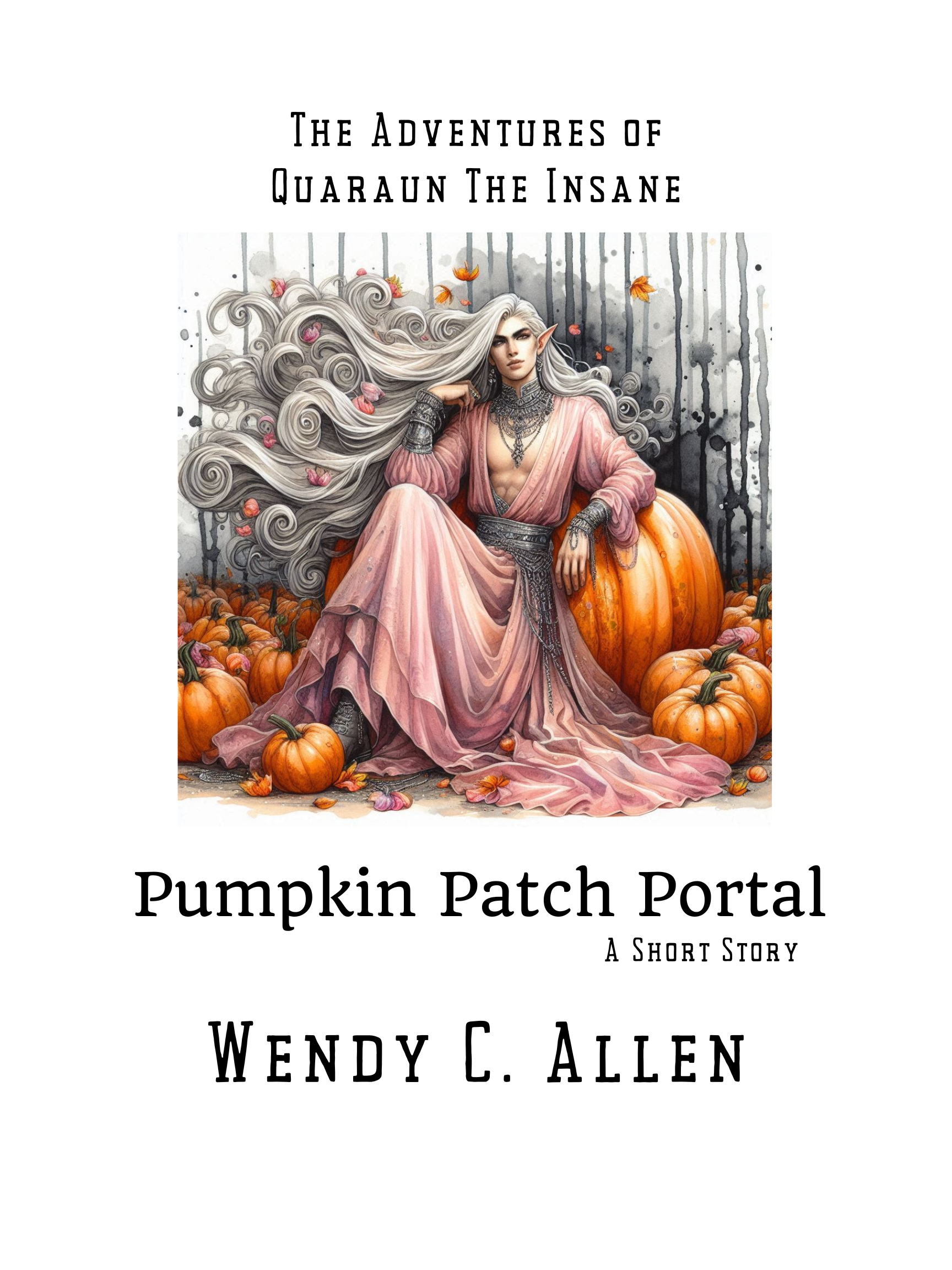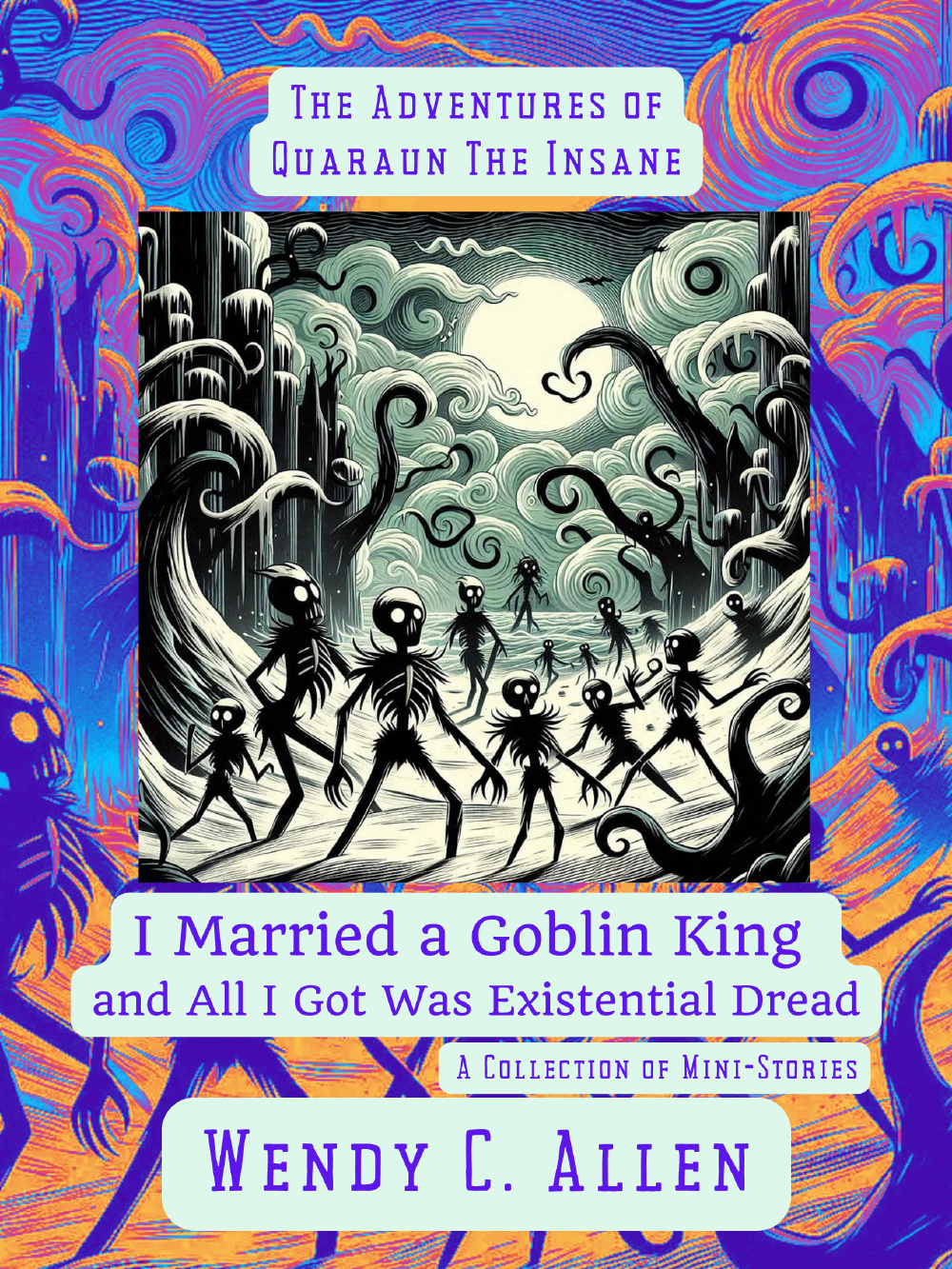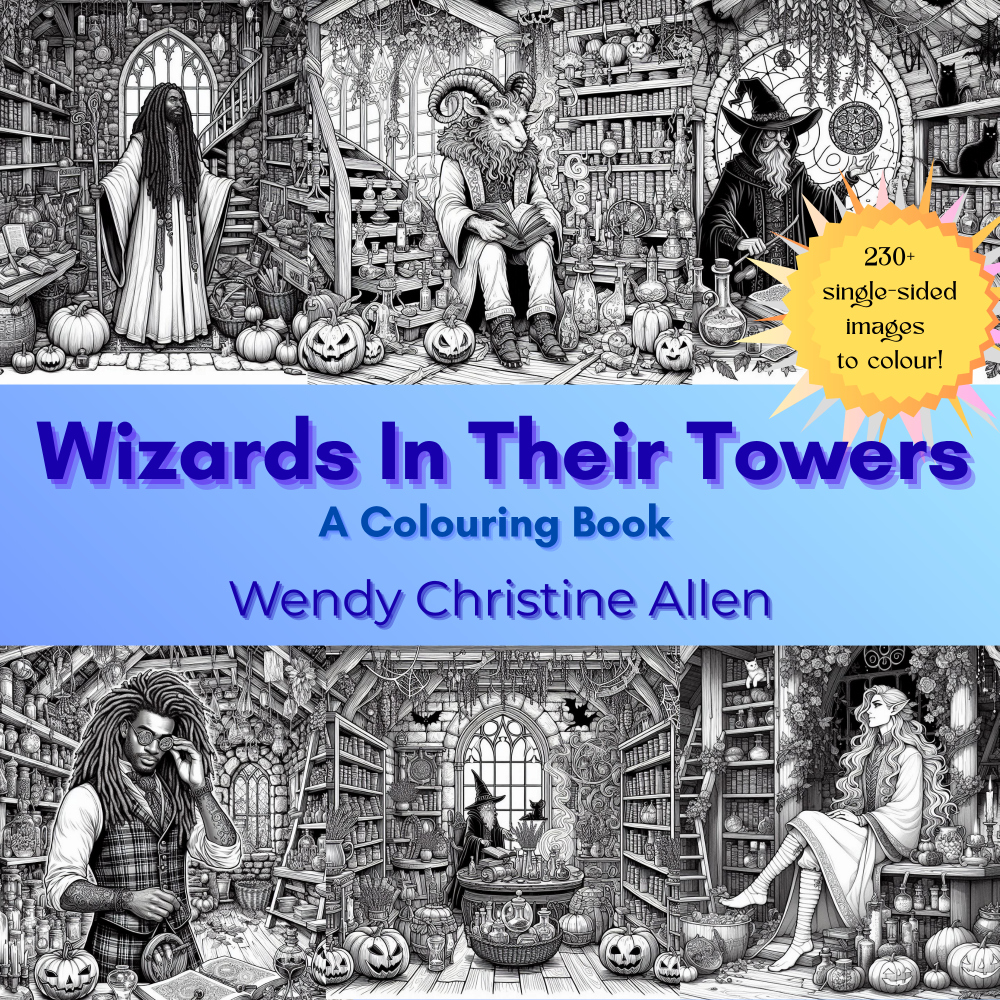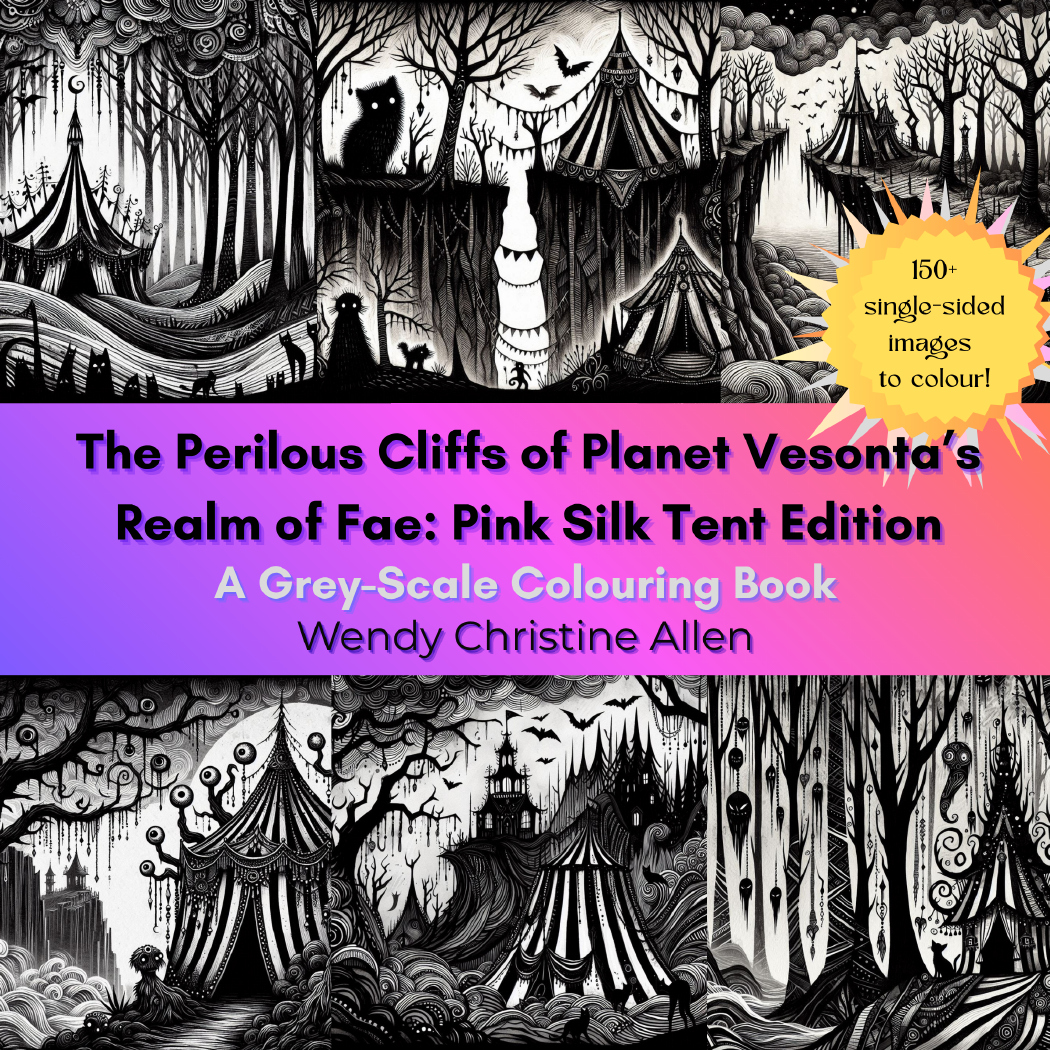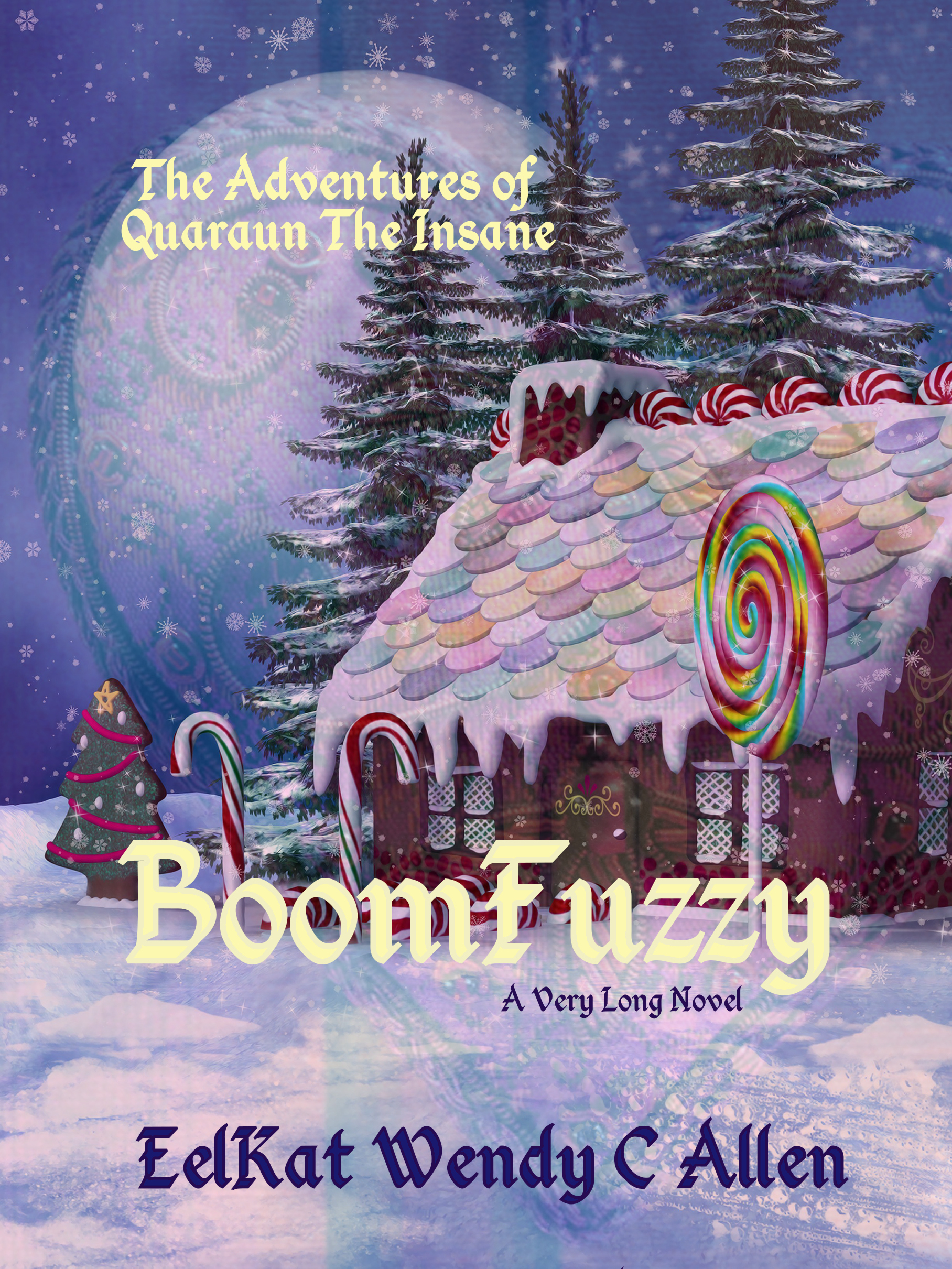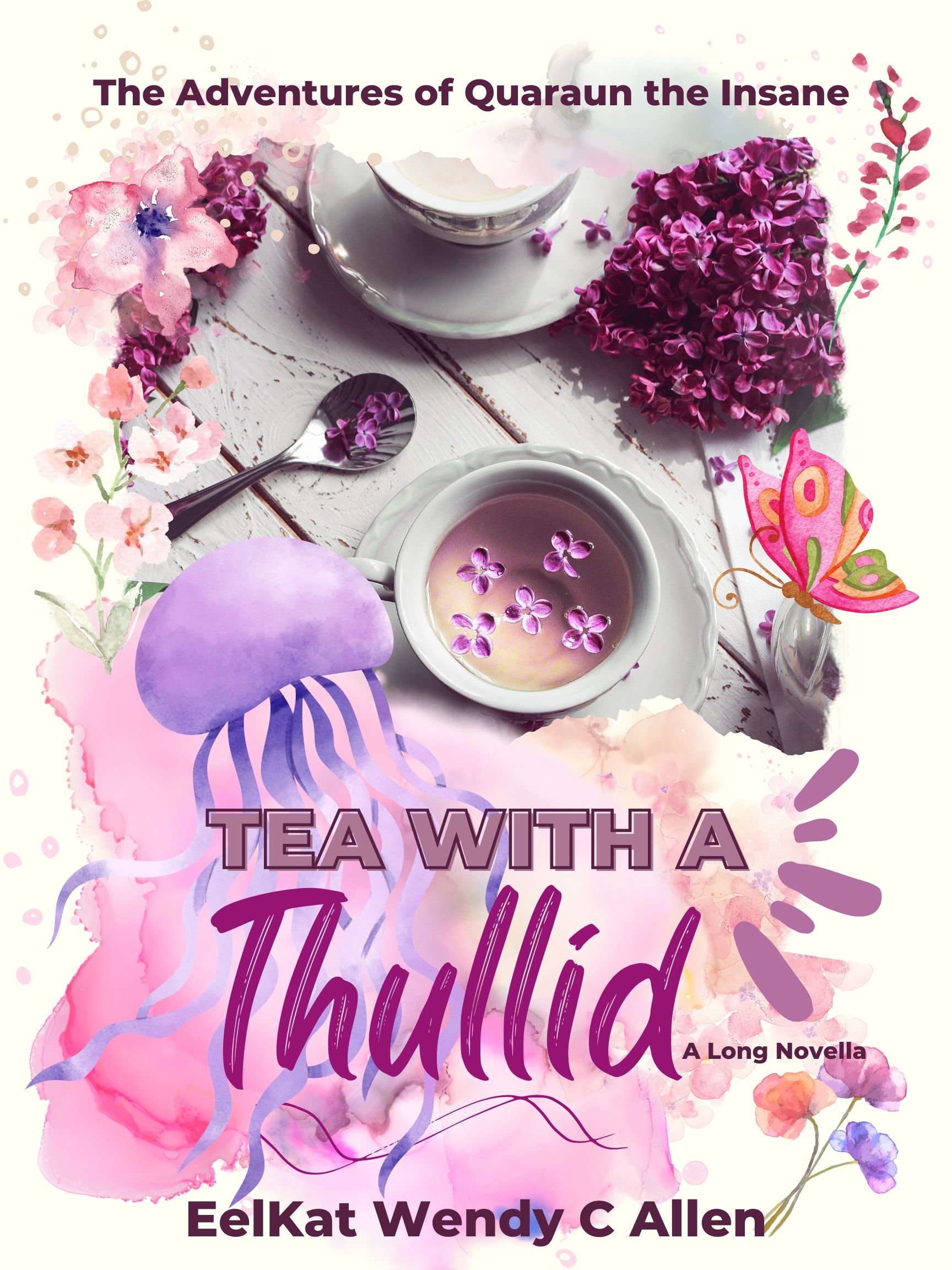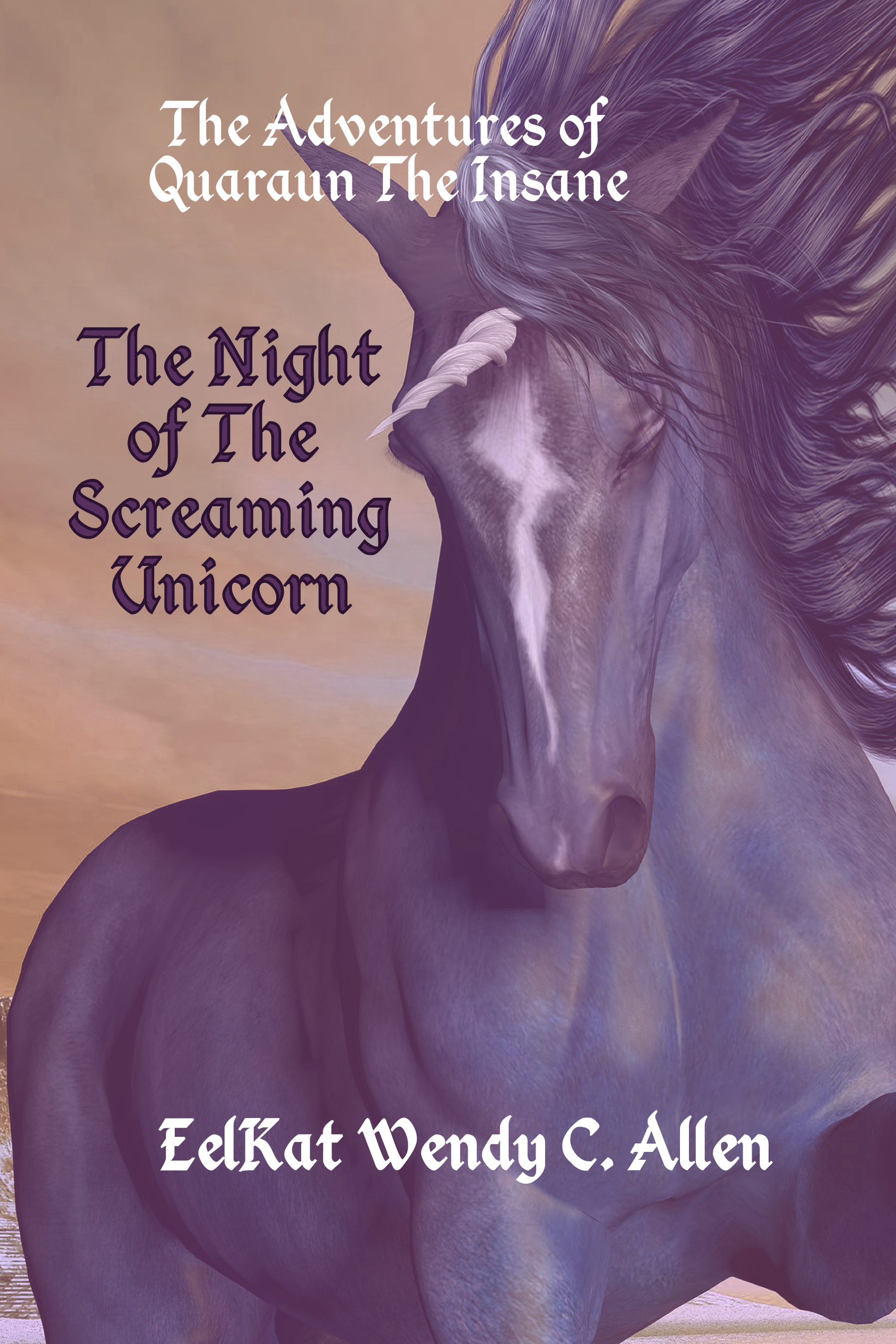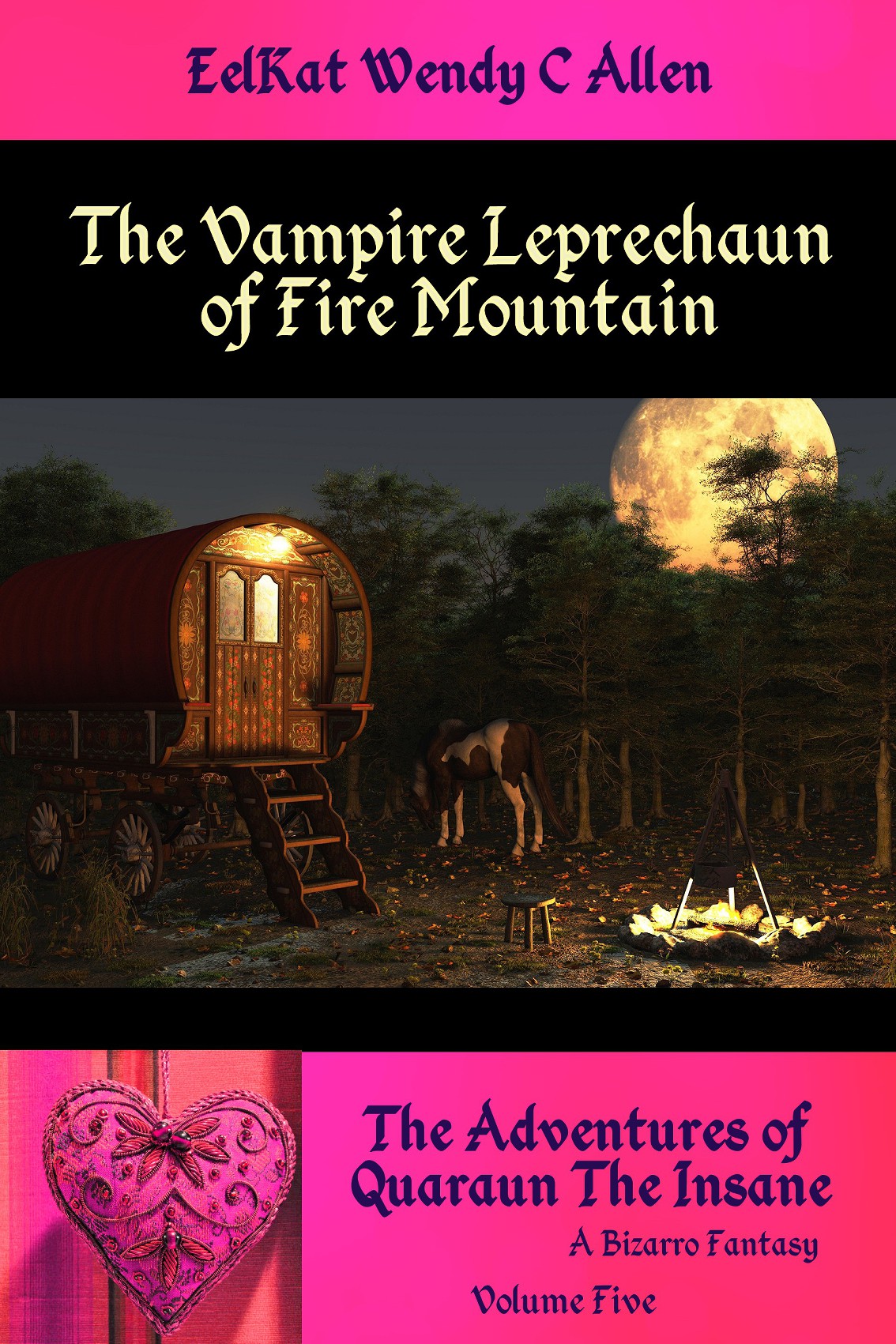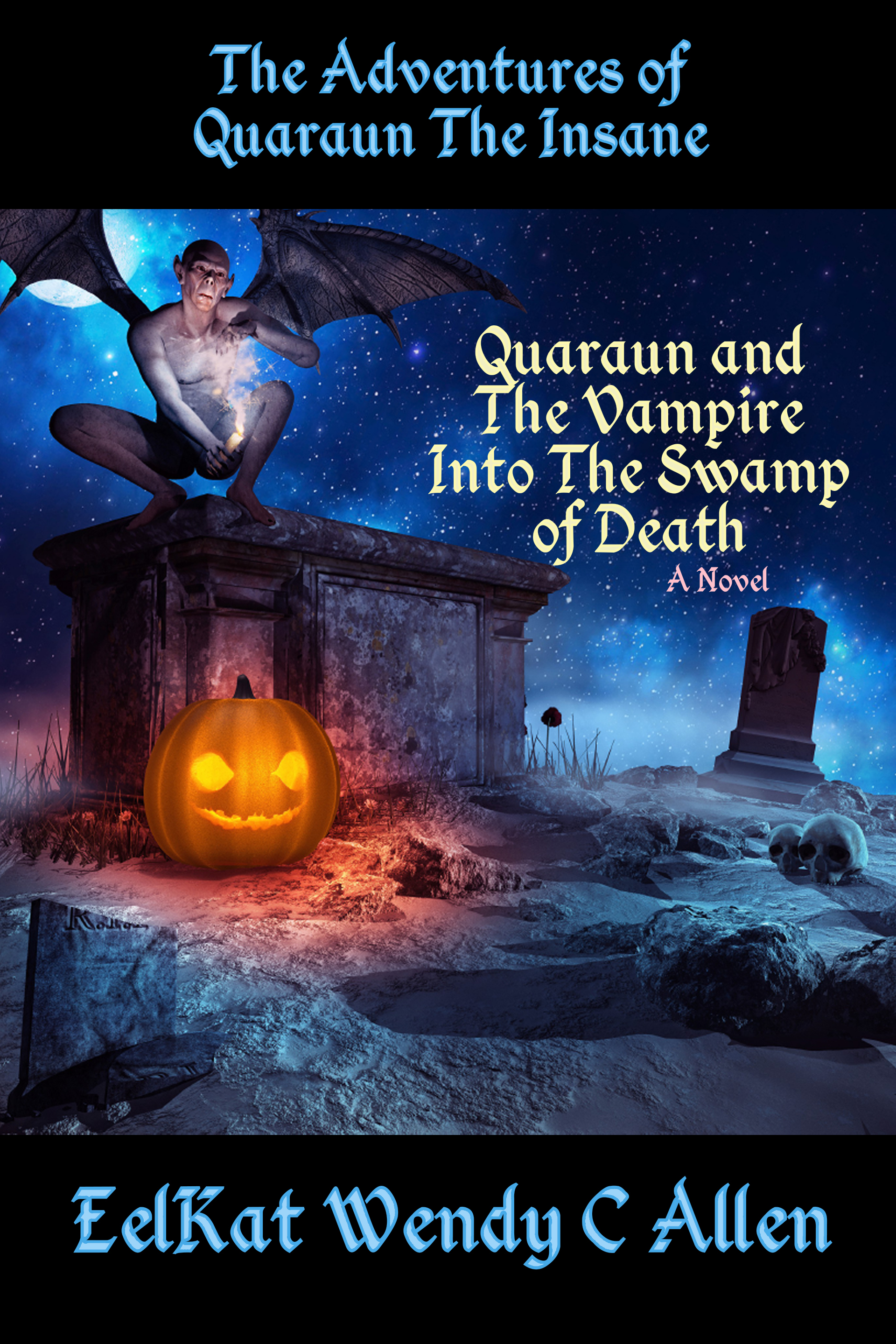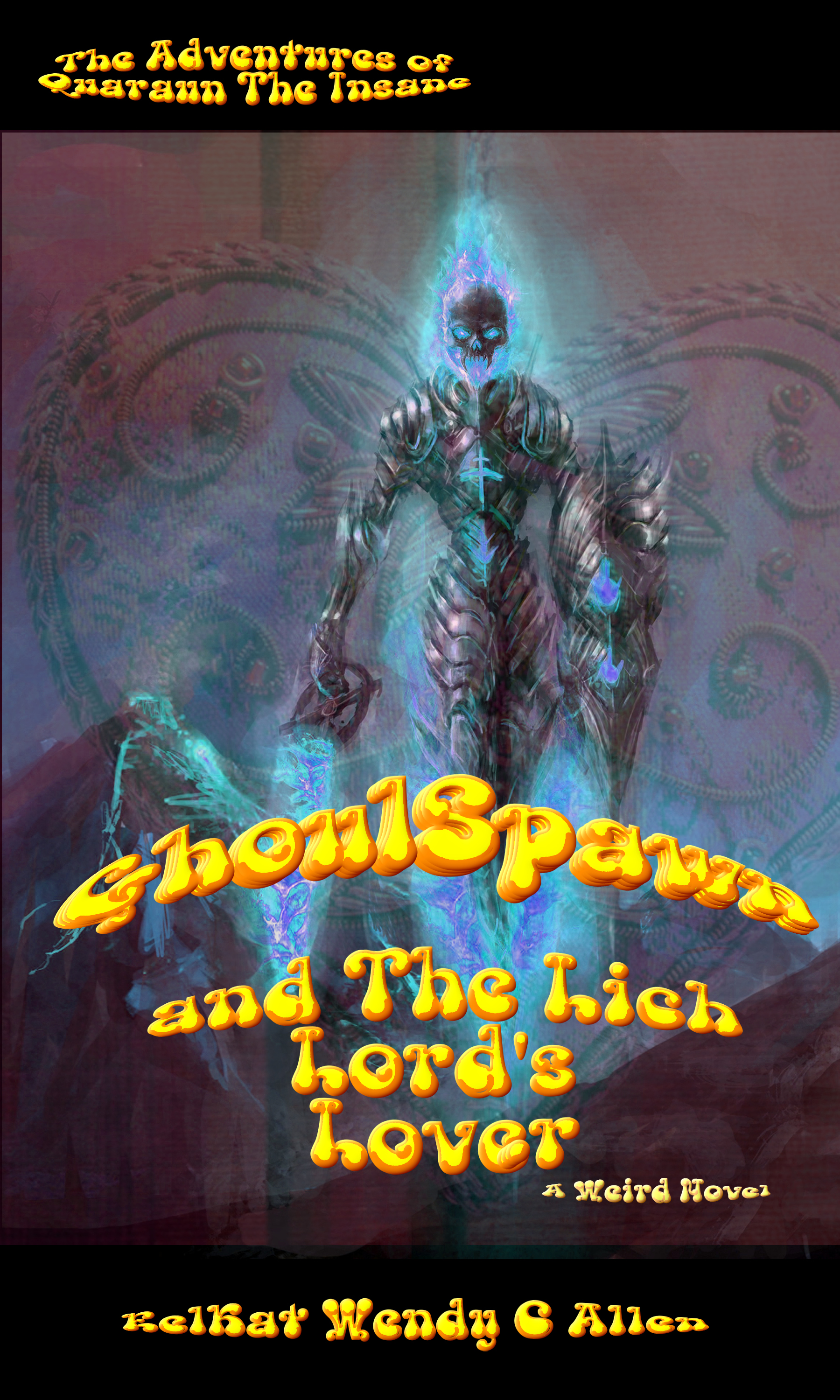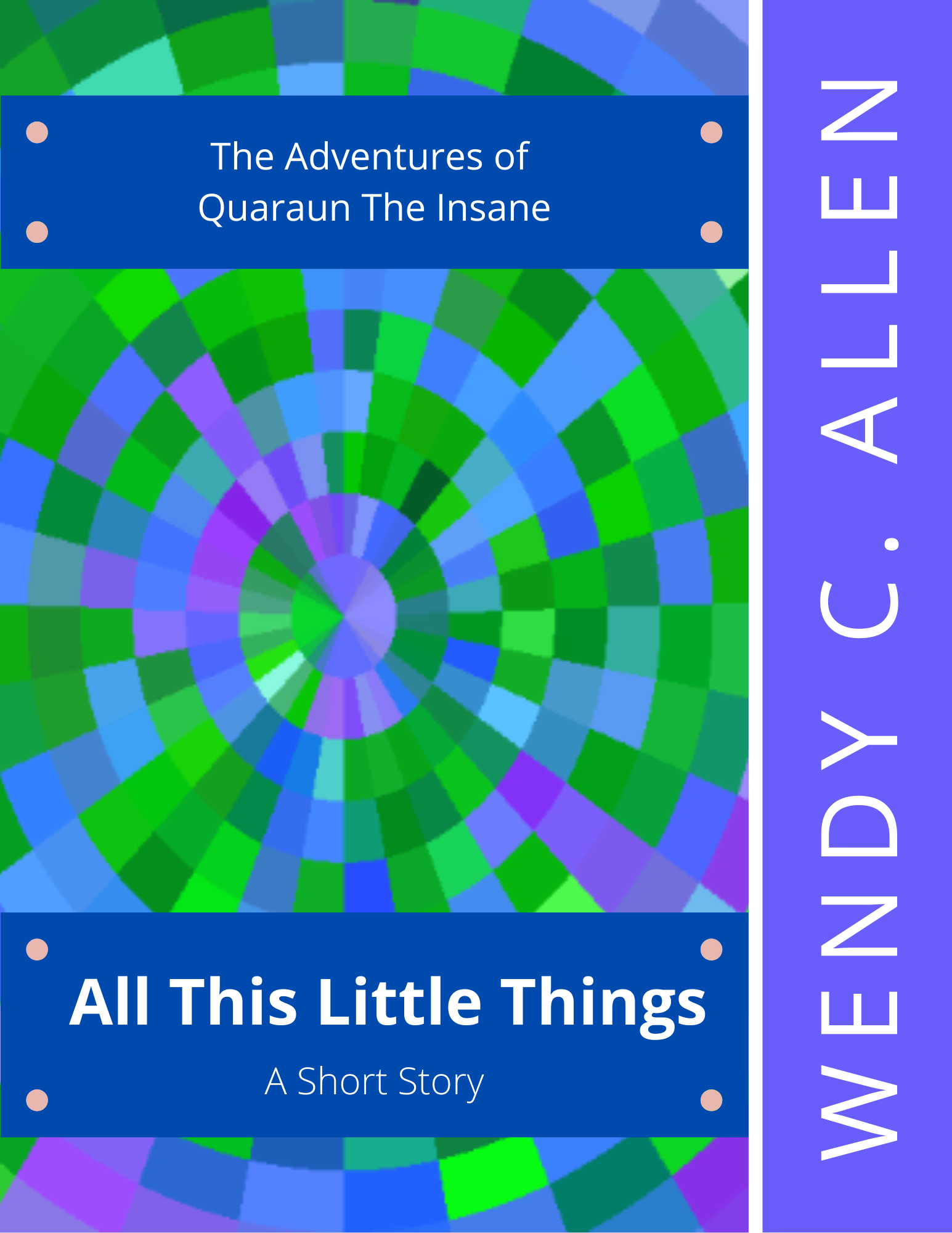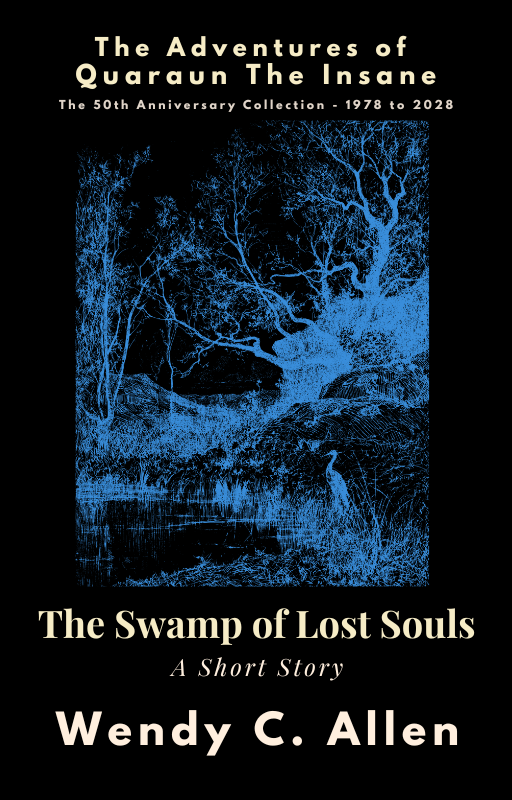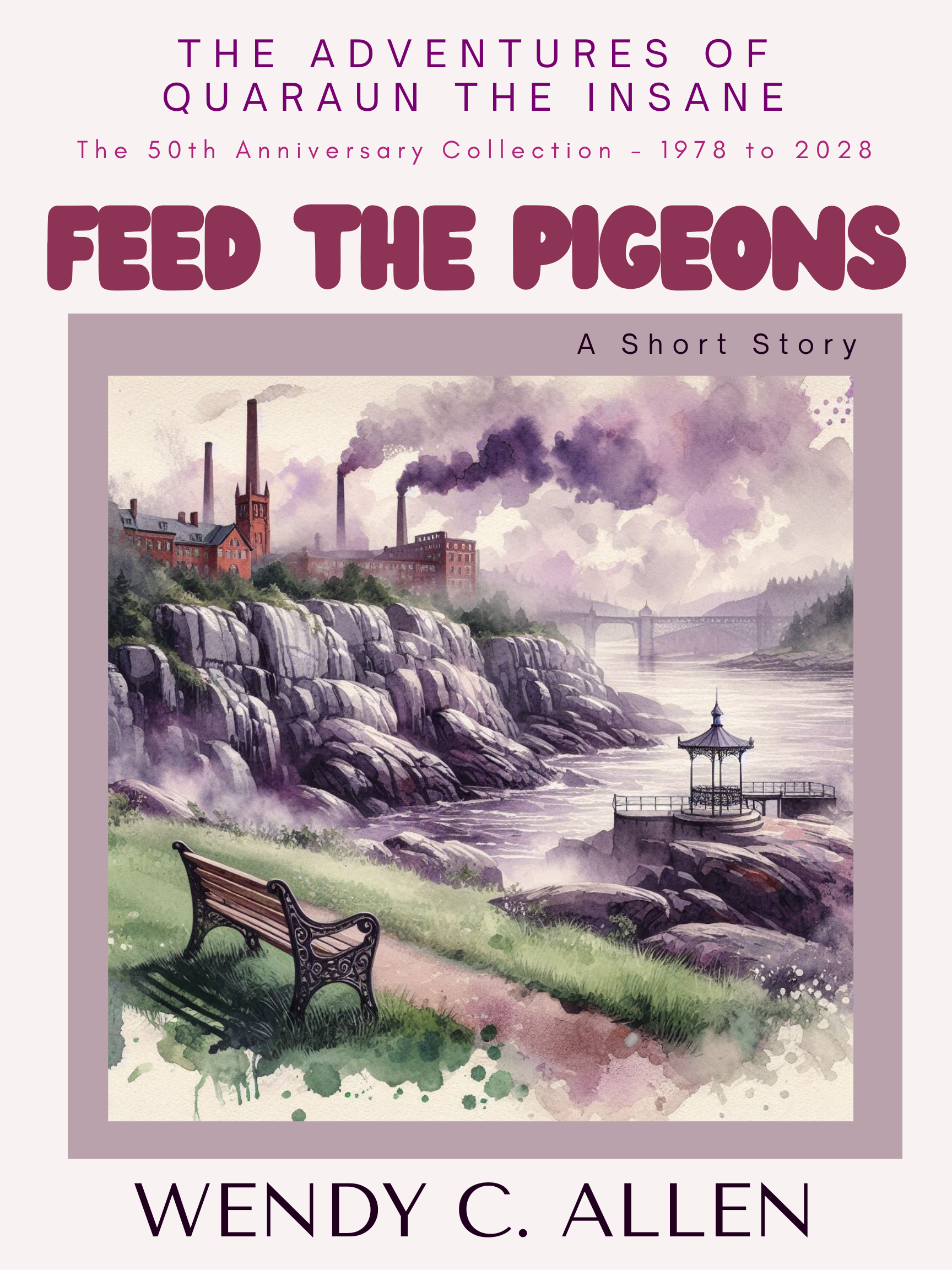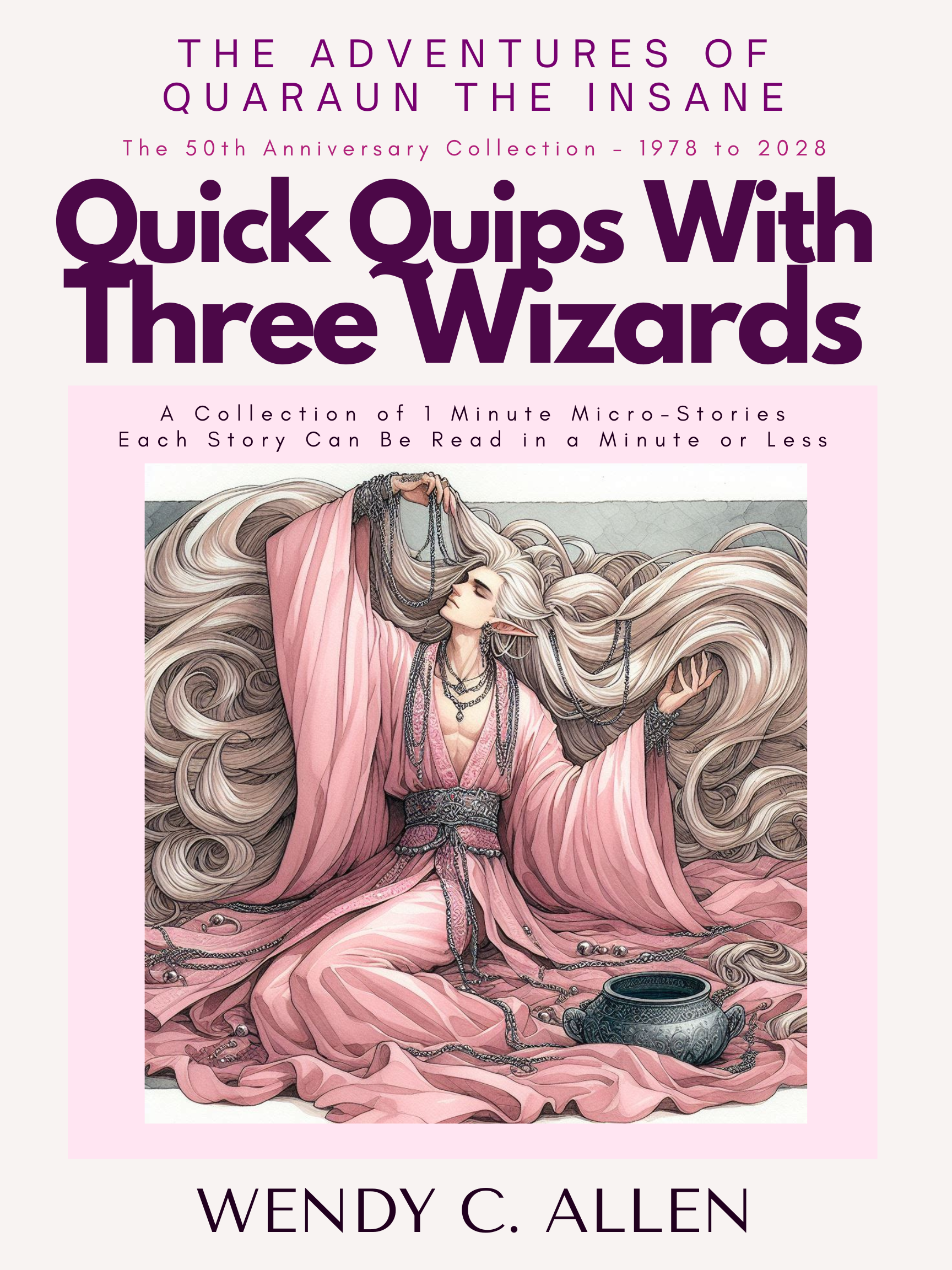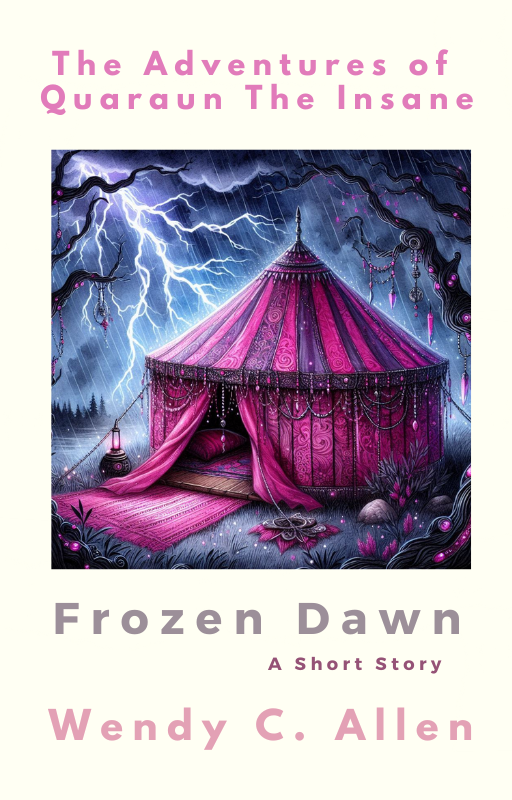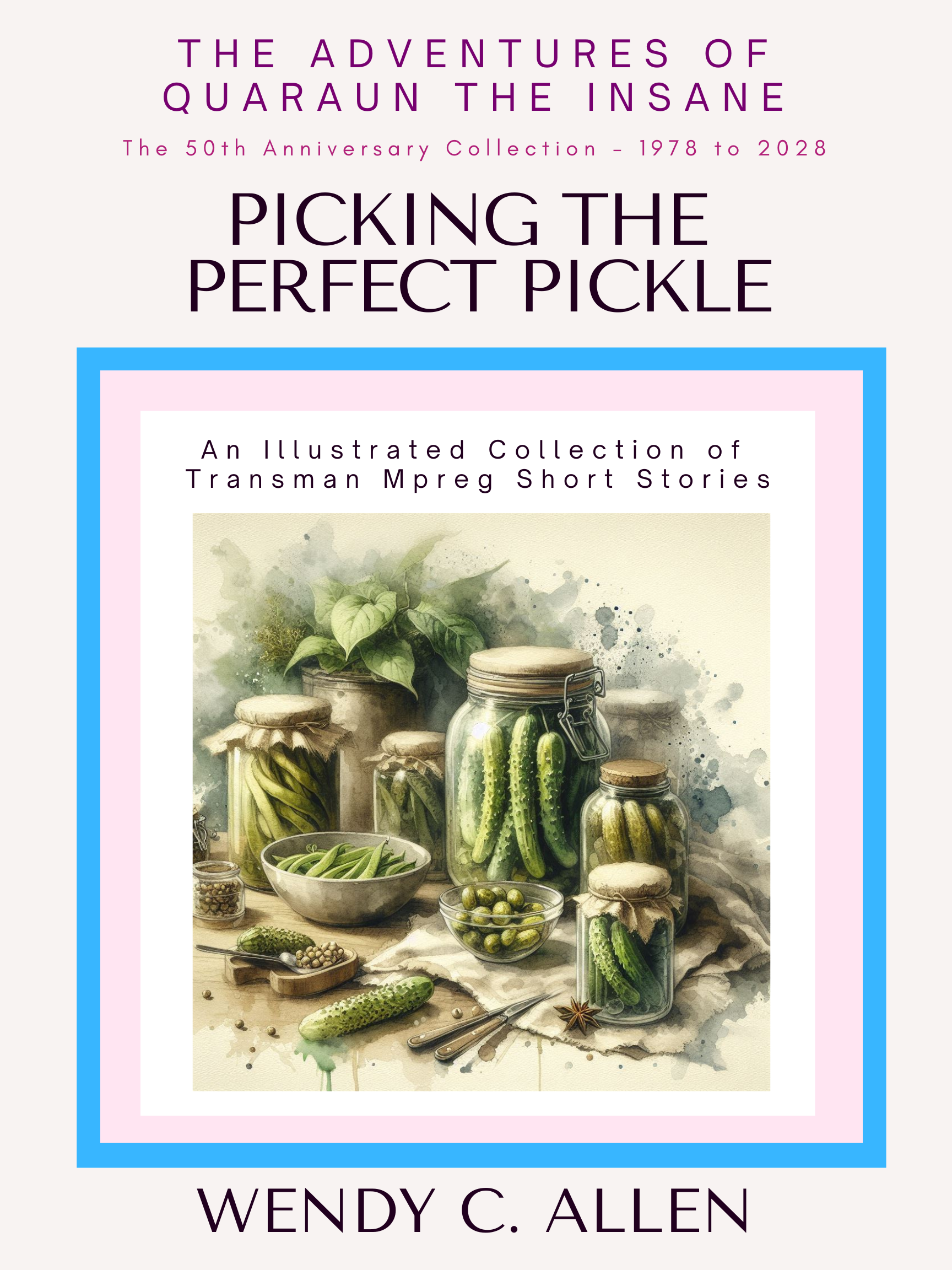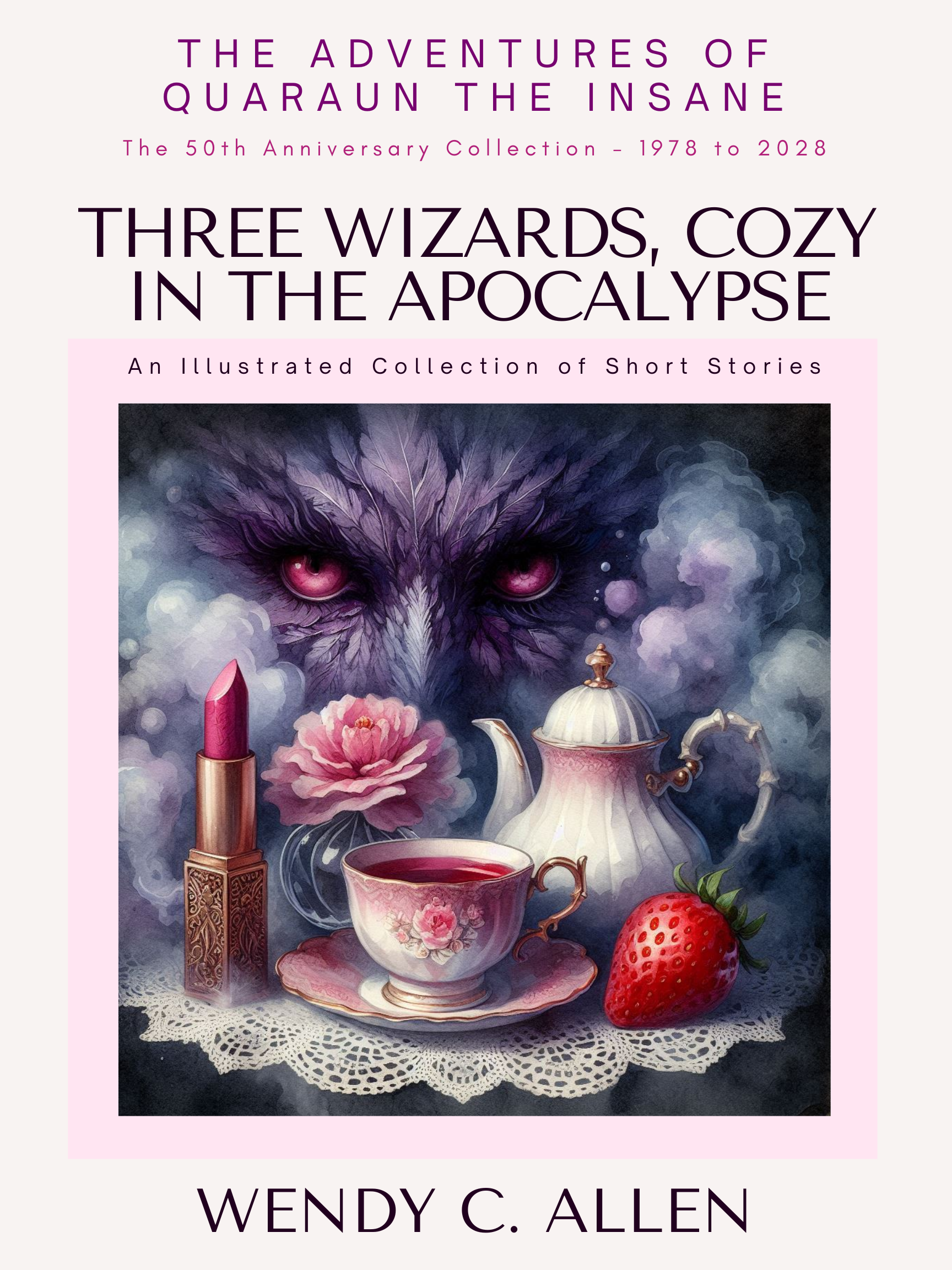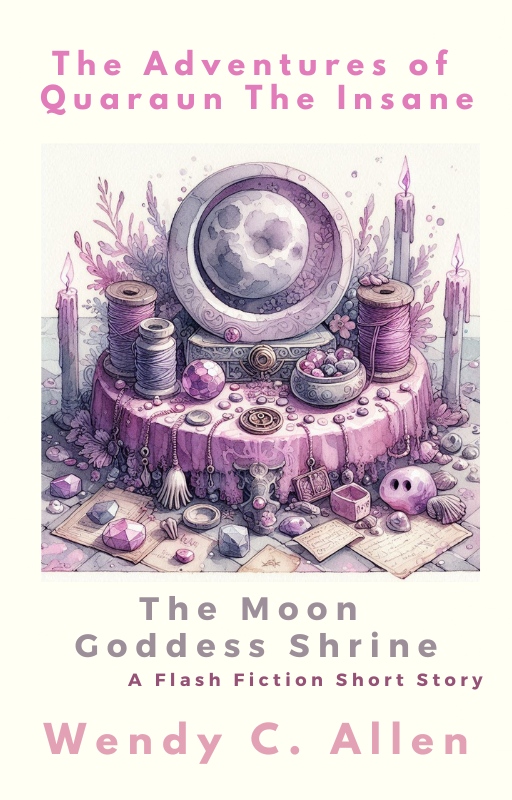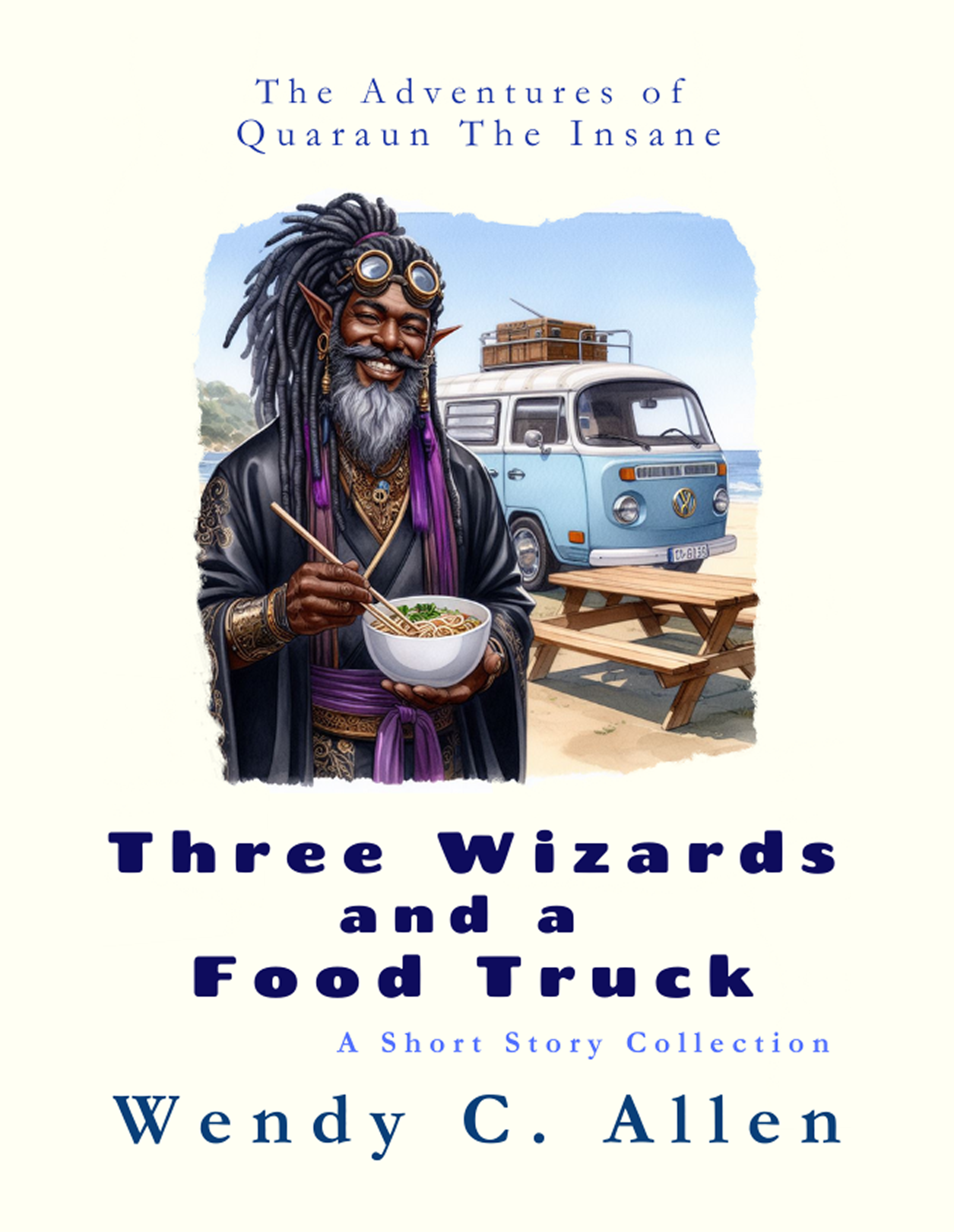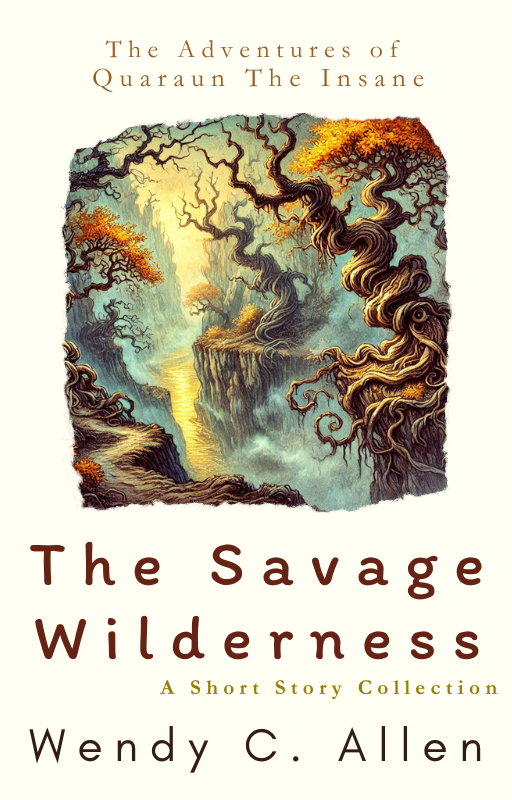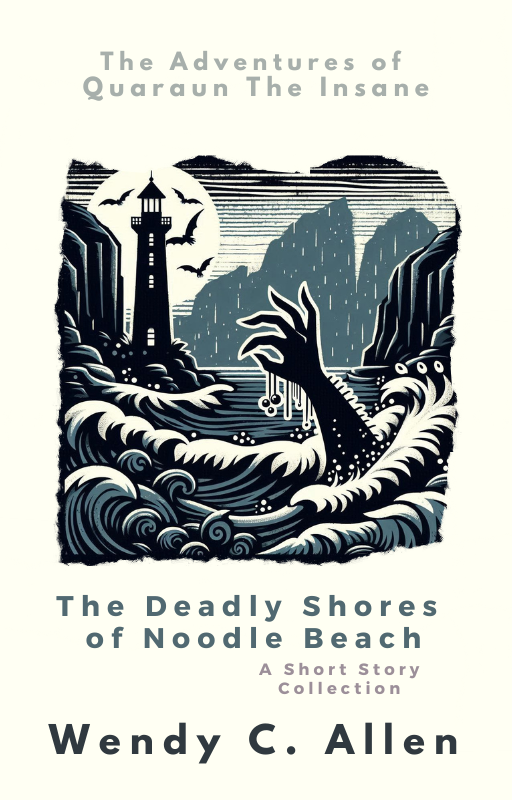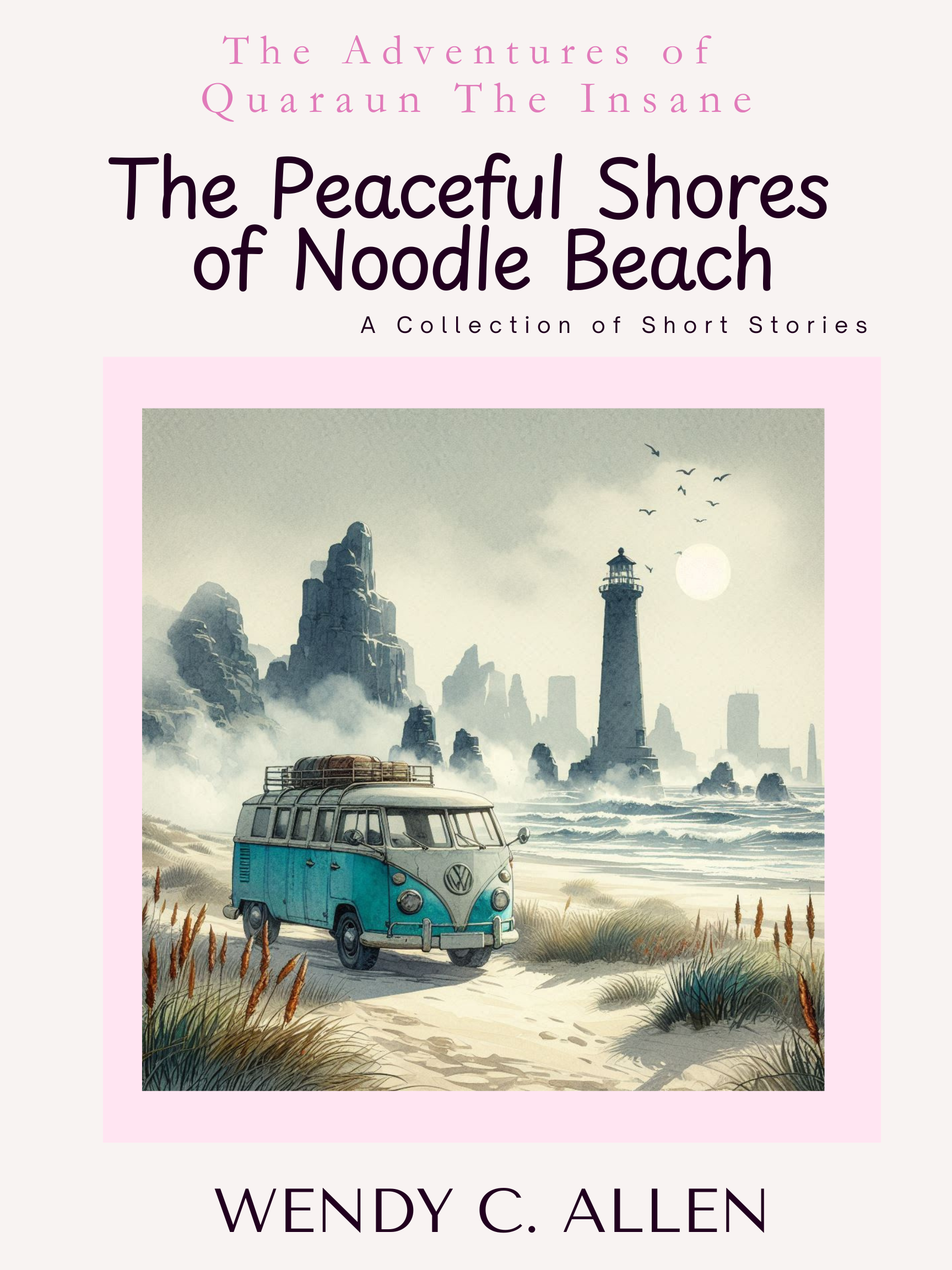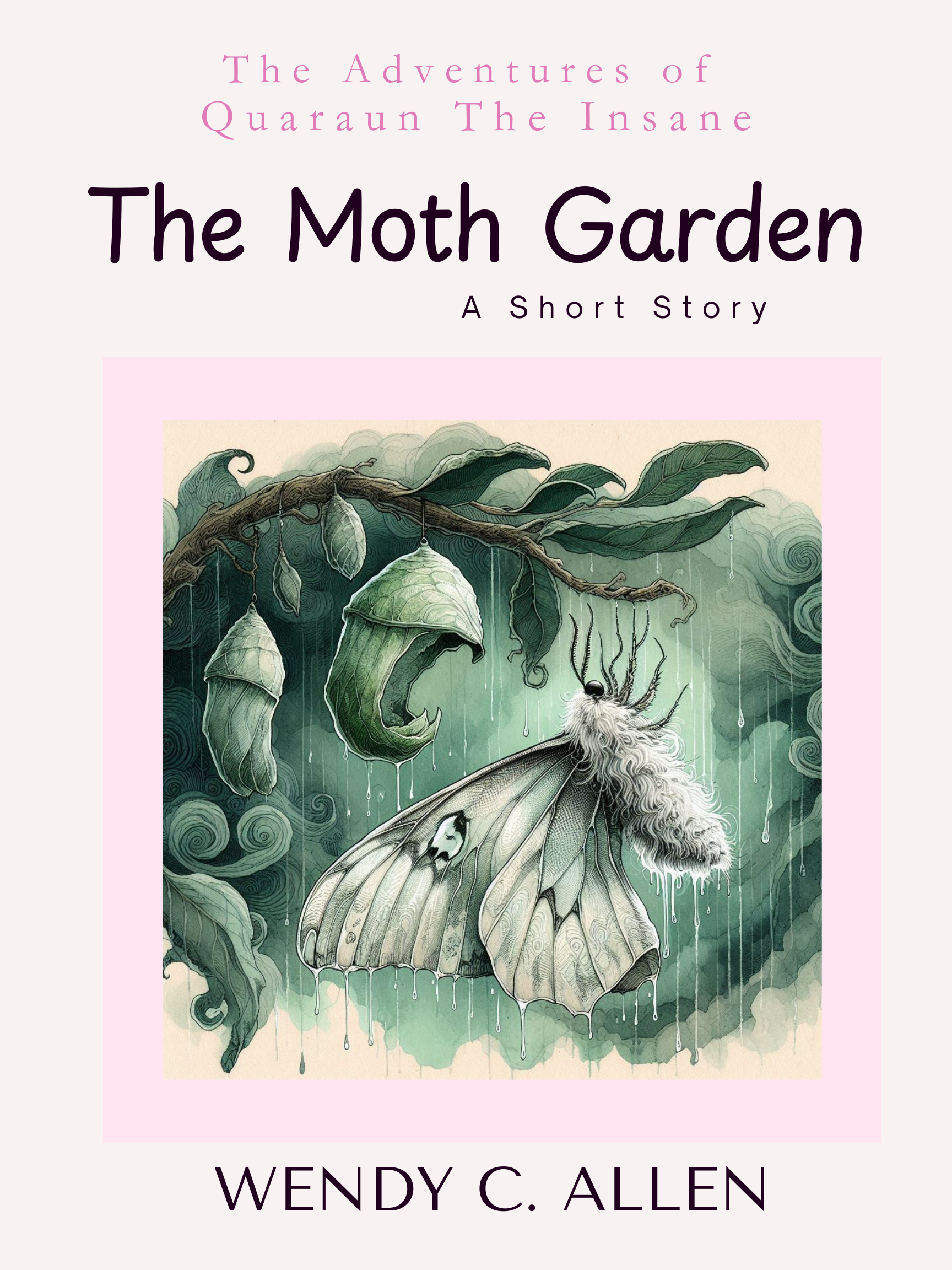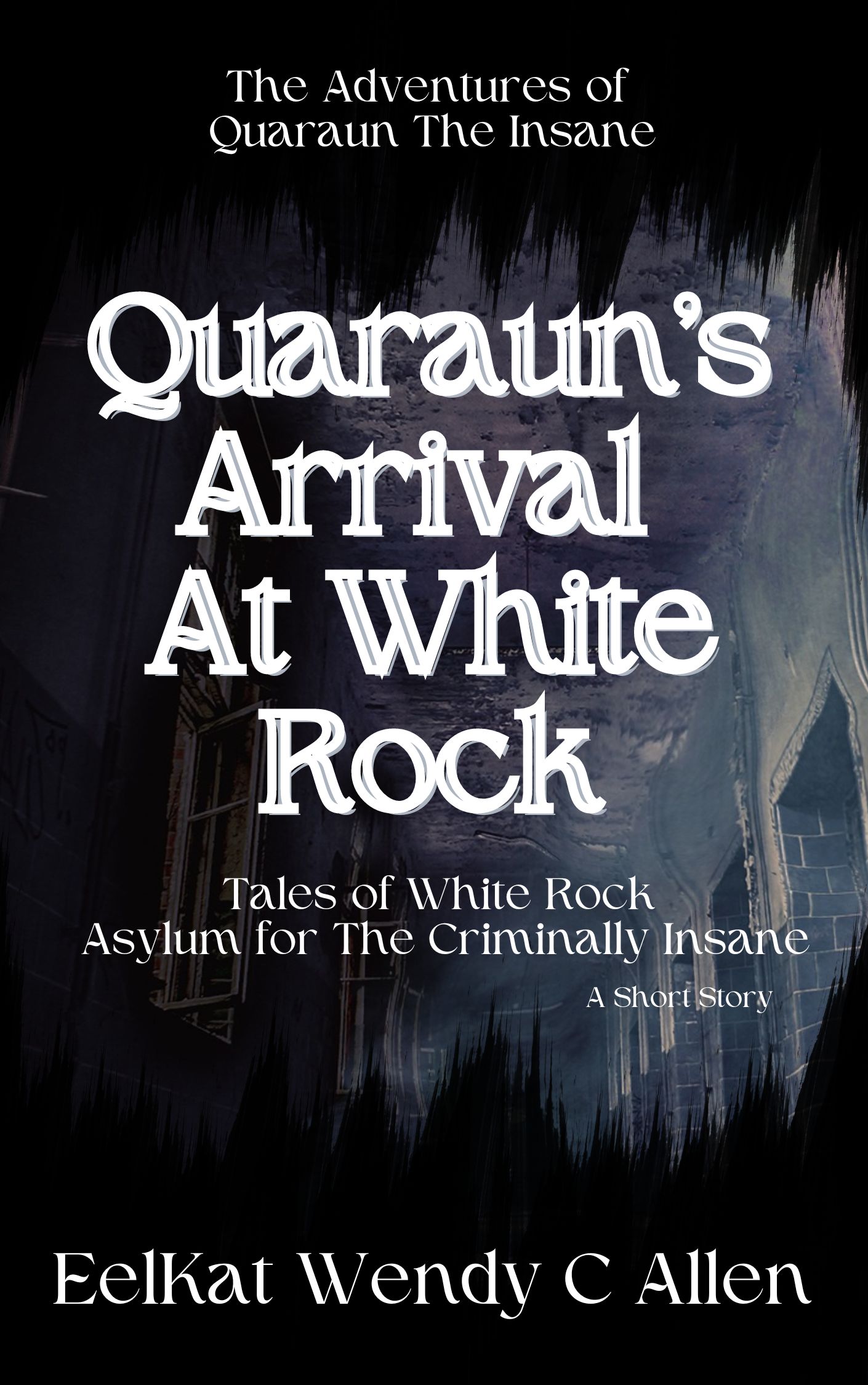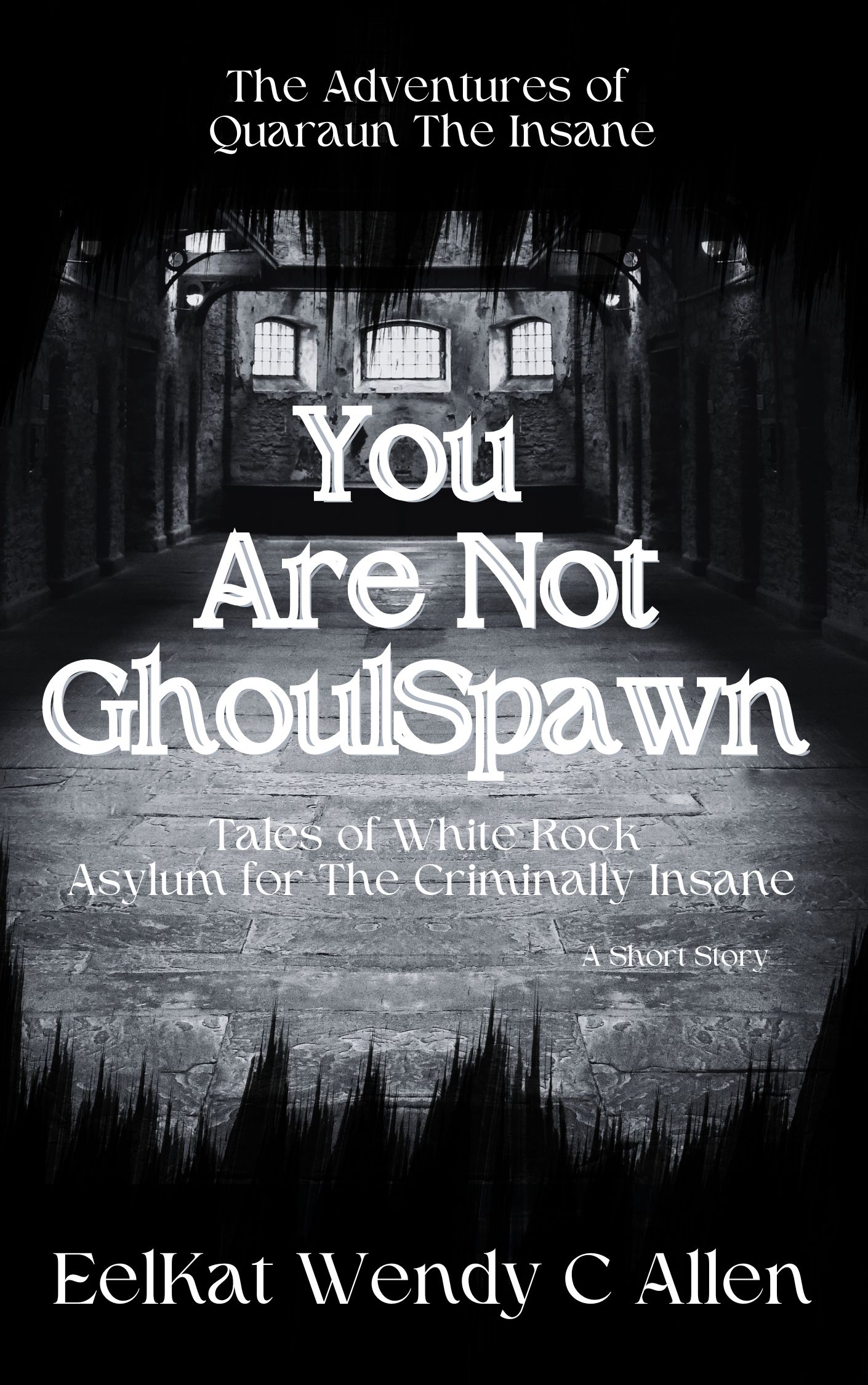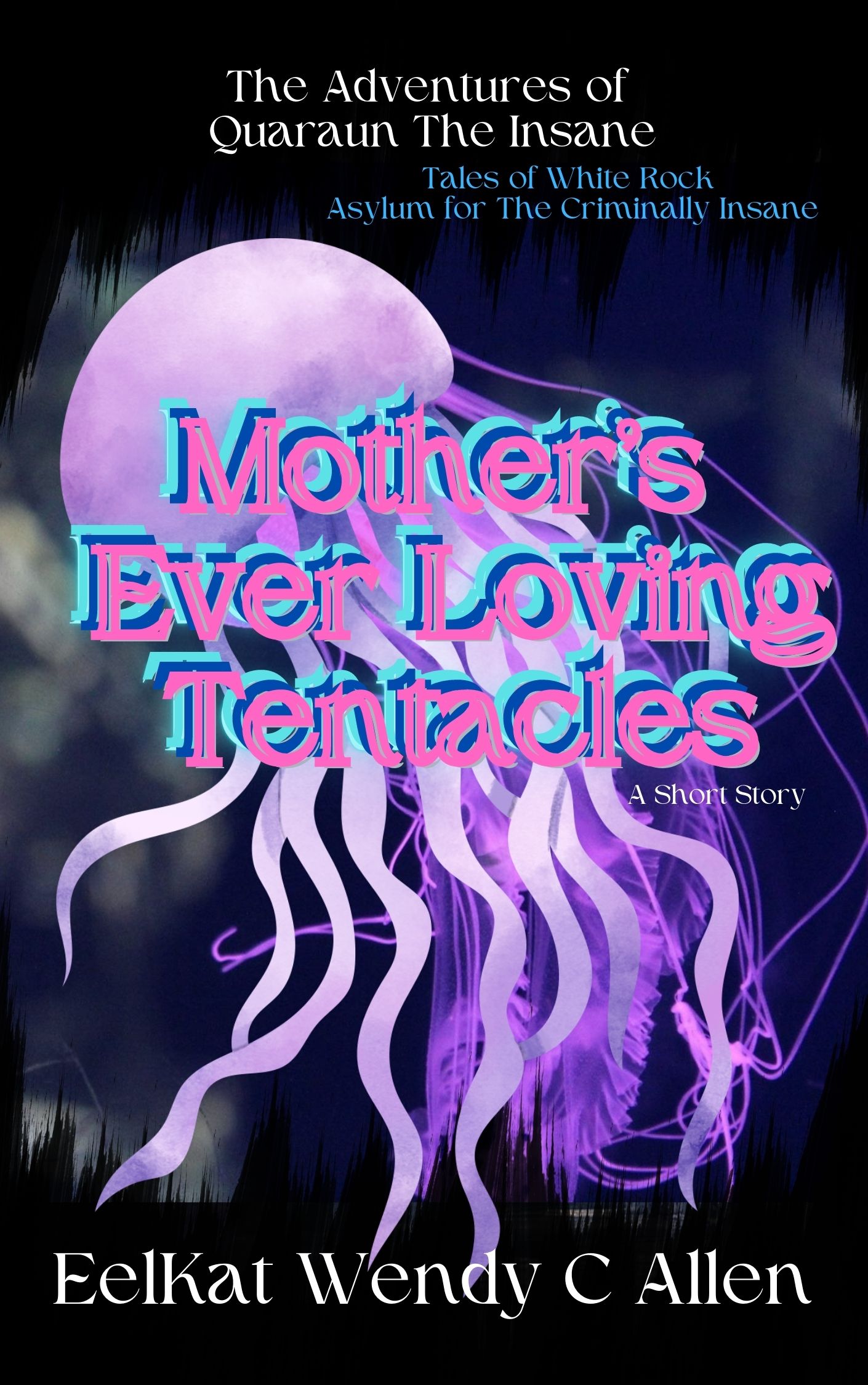Counting Down to the 2028 50th Anniversary of my first published book (September 23, 1978)
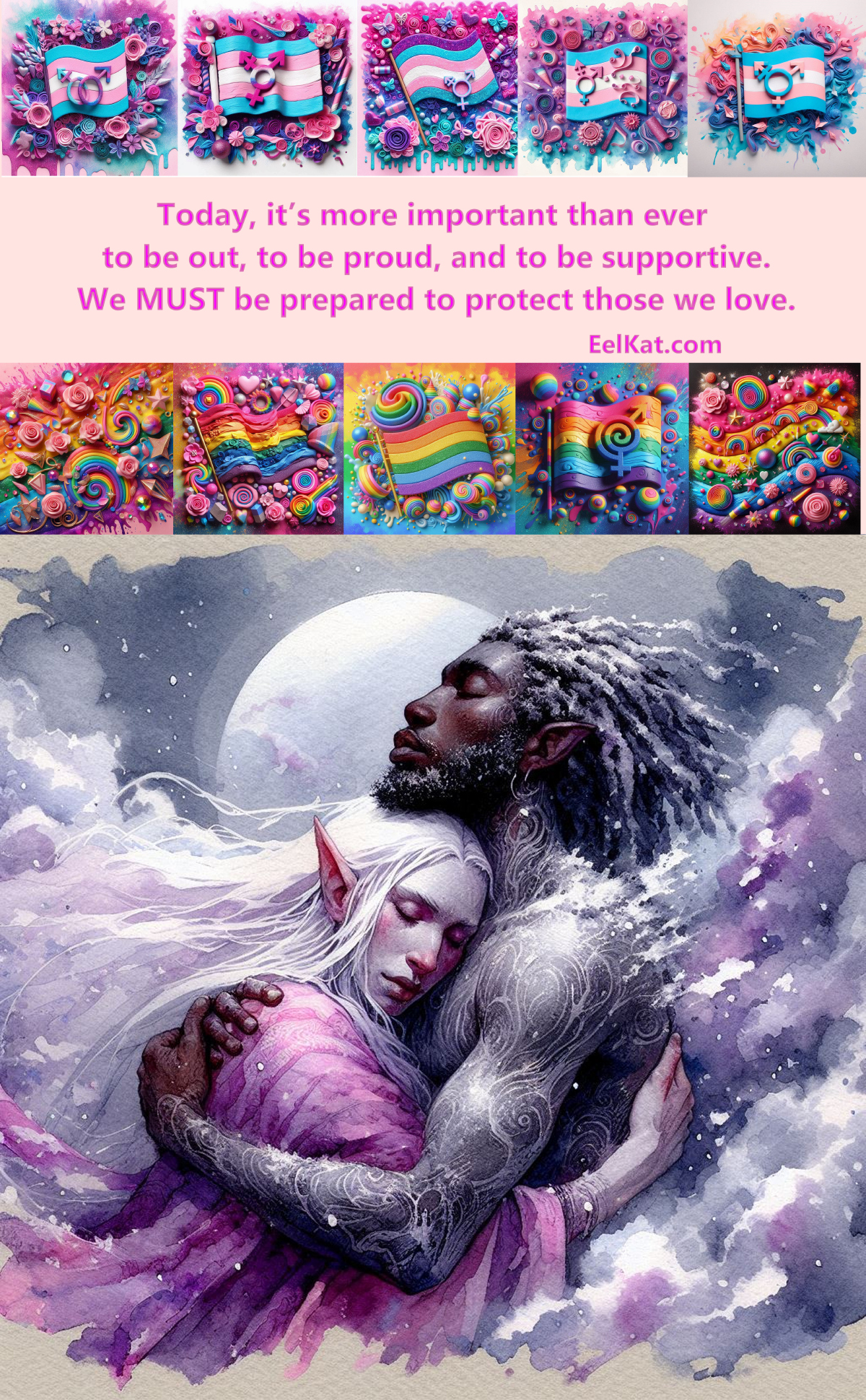 Transman Quaraun (The Pink Necromancer) and his husband King Gwallmaic (aka BoomFuzzy the Unicorn) King of The UnSeelie Court. Main characters of The Adventures of The Pink Necromancer series. Transman Quaraun (The Pink Necromancer) and his husband King Gwallmaic (aka BoomFuzzy the Unicorn) King of The UnSeelie Court. Main characters of The Adventures of The Pink Necromancer series.
|
This website is a safe zone for LGBTQAI+, pagans, polys, trans, neurodivergent, disabled, mobile aid user, minority, cosplayers, otherkin, furries, & BIOPIC communities.
If you are a hater, you can go fuck yourself.
Happy 2026!
It is our 30th anniversary here at Space Dock 13!
On the web since 1996!
You have encountered an extremely old website that continues to exist in old web ways, the same way it has done for now three decades.
In spite of being now 30 years old this year, started in 1996, it is still heavily active and old pages updated daily, new pages added daily, still now in 2026. All hand written, all hand coded (no AI), all by me, same as it ever was.
We Still Exist: The Old Web Did Not Go Away, You Just Forgot How To Find Us
|
This site was NOT designed for mobile devices (as they had not been invented yet when I created it) thus this site looks best on a computer, at 1280x768 or above. |
This is a very old website created in 1996, so, yes, javascript is needed for the site to work as it should. If things don't function, you may need to update javascript drivers on your device |
This site tries to be mobile friendly but it's been online since 1996, so old pages may not load right on mobile devices, and as this site has had pages added near daily for 30 years there are now over 20k pages here. |
Having started out in life as a GeoCities site, this site contains glitter, bright colours, blinkies, moving gifs, and other things the old web was known for. |
Scripts VS Novels: A Look At Writing Dialogue
Scripts VS Novels: A Look At Writing Dialogue
In terms of writing, what do you think comics, movies, tv, and other mediums do better than novels? How should we use that to improve our writing?
In terms of writing, what do you think comics, movies, tv, and other mediums do better than novels? How should we use that to improve our writing? from writing
Scripts VS Novels: A Look At Writing Dialogue
I was a script writer before a novel writer. Been doing script writing and short story writing since the 1970s, but I didn't write a novel until 2006. And I've been told by many readers that my writing style (when it comes to novels) is EXTREMELY non-standard. And I think, it's because I'm used to writing in stage play format and short story format, and short story format has more in common with script writing then it does novel writing which is why I'm always saying the common advice to write short stories to practice before writing novels is BAD advice. If you are writing short stories in the same format as novel, well there no way around saying it: your stories are gonna be shit. I wish people would stop telling novelist wannabes to practice with short stories first. Not saying novelist can't write short stories, just saying the writing style from short stories to novels, is so different that using one as practice for the other is bad advice.

But back to your question before I have myself a 10 page rant on why I think that is bad advice!
LOL!
:P
>>In terms of writing, what do you think comics, movies, tv, and other mediums do better than novels? How should we use that to improve our writing?
Now for me, being someone who wrote scripts first and novels later, I have a tendency to write my novels in a weird sort of "novelized-script" format. Many readers have referred to my novel writing style as "avant garde" or "artsy-fartsy", which depending on how you look at it could be either good or bad. It also contributes to the fact that my novels are bottom feeders in terms of sales rank, because a quick check of the "look inside" tells the buyer, "this don't quiet look normal" just by looking at the text itself and how it flows on the page, without even reading the text.
Here, let me show you what I mean. A novel format, on the page looks like this:
Paragraph one, words, words, words, words, words, words, words, words, words, words, words, words, words, words, words, words, words, words, words, words, words, words, words, words, words, words, words, words, words, words, words, words, words, words, words, words, words, words, words, words, words, words, words, words, words, words, words, words, words, words, words, words, words, words, words, words, words, words, words, words, words, words, words, words, words, words, words, words, words, words, words, words, words, words, words, words, words, words, words, words, words, words, words, words, words, words, words, words, words, words, words, words, words, words, words, words, words, words, words, words, words, words, words, words, words, words, words, words, words, words, words, words.
"Blah, blah," he said.
"Blah, blah, blah," she answered.
"Yap, yap," he replied.
Paragraph two, words, words, words, words, words, words, words, words, words, words, words, words, words, words, words, words, words, words, words, words, words, words, words, words, words, words, words, words, words, words, words, words, words, words, words, words, words, words, words, words, words, words, words, words, words, words, words, words, words, words, words, words, words, words, words, words, words, words, words, words, words, words, words, words, words, words, words, words, words, words, words, words, words, words, words, words, words, words, words, words, words, words, words, words, words, words, words, words, words, words, words, words, words, words, words, words, words, words, words, words, words, words, words, words, words, words, words, words, words, words, words, words.
Paragraph three, words, words, words, words, words, words, words, words, words, words, words, words, words, words, words, words, words, words, words, words, words, words, words, words, words, words, words, words, words, words, words, words, words, words, words, words, words, words, words, words, words, words, words, words, words, words, words, words, words, words, words, words, words, words, words, words, words, words, words, words, words, words, words, words, words, words, words, words, words, words, words, words, words, words, words, words, words, words, words, words, words, words, words, words, words, words, words, words, words, words, words, words, words, words, words, words, words, words, words, words, words, words, words, words, words, words, words, words, words, words, words, words.
It's pretty distinctive, blocks of text.
But a script doesn't have blocks of text, because scripts contains no narrative or descriptions and are DIALOGUE ONLY.
While comics, movies, tv, and stage plays each have their own distinct formats, the basic look of all of them on page is this:
This story takes place in a small fishing village on the coast of MAINE.
ACT ONE takes place outside, late evening, on the dock. LOU has just returned from a week long deep sea fishing job. DAVE and MARSHA were there to meet him.
ACT TWO takes place in the front parlor of DAVE's home which has a window overlooking the shore. It is late at night. LOU sits in a rocking chair smoking his pipe and reminiscing about his young days as a sailor. DAVE listens while standing looking out the window. Everyone else has gone to bed already.
ACT THREE takes place early morning, on the shore. DAVE and MARSHA are watching as LOU sails away once again.
MARSHA: is a young woman late twenties to early thirties. She is homeless and so wears a mix and match of ragged cloths she found in people’s trash. She wasn’t always homeless, she used to be an average housewife, but a massive flood took that all away. Her family died in the flood. Her house was washed away. She has nothing left and has given up on life.
DAVE: is a college professor. He is ten or twelve years older than JANE. He remembers her before the flood. He loved her than and he still loves her now. He wants to find a way to show JANE life is still worth living.
LOU: is the fishman next door. He too was affected by the flood. Lost his boat, his trap, his gear. While other fishermen gave up and sought other careers inland, LOU is attempting to rebuild if career.
DAVE: (Walks into room.) MARSHA! What are you doing here?
MARSHA: (Slaps *DAVE** on face)* I know about you and that hussy. (Throws wedding ring on floor.) We are through! I want a divorce!
:CAMERA: Close up on DAVE's face.
DAVE: (Stares speechlessly.)
LOU: Don't firght guys.
DAVE: Blah, blah, blah. (Yells.)
MARSHA: Blah, blah, blah. (Yells.)
DAVE: Blah, blah, blah. Blah, blah, blah.
MARSHA: Blah, blah, blah.
DAVE: Blah, blah, blah. (Paces nervously.)
MARSHA: Blah, blah, blah.
LOU: Blah, blah, blah, blah. (Walks to window.)
DAVE: Blah, blah, blah. Blah, blah, blah.
MARSHA: Blah, blah, blah.
DAVE: Blah, blah, blah.
MARSHA: Blah, blah, blah. (Starts crying.)
LOU: Blah, blah, blah, blah. (Hugs MARSHA .)
DAVE: Blah, blah, blah. Blah, blah, blah. (Yells.)
MARSHA: Blah, blah, blah.
DAVE: Blah, blah, blah.
MARSHA: Blah, blah, blah.
LOU: Blah, blah, blah, blah.
Can you see the difference?
The top of page 1 of the script, tells you a quick sentence for the scene. One quick sentences to describe each act. One or two quick sentences to describe each character, and that is the ONLY descriptions and narrations in the ENTIRE script, and the script may be 100+ pages long. There are generally 10 pages of script for every minute of play, and as most small theatre stage plays are 10 minutes long, most stage play scripts are 100 pages exactly.
In a script the characters names are always in all caps and bolded, and start every sentence. This is so the actors know who is talking. Every action the actor is to take while speaking, is in parentheses and italics. This is so the actor knows not to say those words out loud, but rather to physically act out that part.
Now. when you take that and turn it into a novel, what you get is this:
It was a quiet evening in a small fishing village on the coast of Maine. Lou had just returned from a week long deep sea fishing job. Dave and Marsha were there to meet him.
Dave walked into room.
"Marsha! What are you doing here?" He exclaimed.
Marsha slapped Dave's face.
"I know about you and that hussy," she said, while throwing her wedding ring on floor. "We are through! I want a divorce!"
Dave just stared speechlessly at her.
"Don't firght guys," Lou said to them.
"Blah, blah, blah," Dave yelled.
"Blah, blah, blah!" Marsha yelled back.
"Blah, blah, blah. Blah, blah, blah."
"Blah, blah, blah."
"Blah, blah, blah. "
Dave paced nervously.
"Blah, blah, blah," he said.
"Blah, blah, blah, blah," Lou said to them.
Lou got up and walked to the window.
"Blah, blah, blah. Blah, blah, blah," Dave said.
"Blah, blah, blah," Marshar answered.
"Blah, blah, blah."
"Blah, blah, blah," Marshia said. She began to cry.
"Blah, blah, blah, blah," Lou interupted. He hugged Marsha, trying to calm her down.
"Blah, blah, blah. Blah, blah, blah!" Dave yelled.
"Blah, blah, blah."
"Blah, blah, blah."
"Blah, blah, blah."
"Blah, blah, blah, blah," Lou said trying to calm the arguing couple.
Well.... you can see how dramatically different that looks from this, right:
Paragraph one, words, words, words, words, words, words, words, words, words, words, words, words, words, words, words, words, words, words, words, words, words, words, words, words, words, words, words, words, words, words, words, words, words, words, words, words, words, words, words, words, words, words, words, words, words, words, words, words, words, words, words, words, words, words, words, words, words, words, words, words, words, words, words, words, words, words, words, words, words, words, words, words, words, words, words, words, words, words, words, words, words, words, words, words, words, words, words, words, words, words, words, words, words, words, words, words, words, words, words, words, words, words, words, words, words, words, words, words, words, words, words, words.
"Blah, blah," he said.
"Blah, blah, blah," she answered.
"Yap, yap," he replied.
Paragraph two, words, words, words, words, words, words, words, words, words, words, words, words, words, words, words, words, words, words, words, words, words, words, words, words, words, words, words, words, words, words, words, words, words, words, words, words, words, words, words, words, words, words, words, words, words, words, words, words, words, words, words, words, words, words, words, words, words, words, words, words, words, words, words, words, words, words, words, words, words, words, words, words, words, words, words, words, words, words, words, words, words, words, words, words, words, words, words, words, words, words, words, words, words, words, words, words, words, words, words, words, words, words, words, words, words, words, words, words, words, words, words, words.
Paragraph three, words, words, words, words, words, words, words, words, words, words, words, words, words, words, words, words, words, words, words, words, words, words, words, words, words, words, words, words, words, words, words, words, words, words, words, words, words, words, words, words, words, words, words, words, words, words, words, words, words, words, words, words, words, words, words, words, words, words, words, words, words, words, words, words, words, words, words, words, words, words, words, words, words, words, words, words, words, words, words, words, words, words, words, words, words, words, words, words, words, words, words, words, words, words, words, words, words, words, words, words, words, words, words, words, words, words, words, words, words, words, words, words.
Okay, so, back to your question...
>>In terms of writing, what do you think comics, movies, tv, and other mediums do better than novels? How should we use that to improve our writing?
Personally, when I look at a novel and see that it is block upon blocks of descriptive text and narration, I don't even bother to read it.
I personally find descriptions of scenes and settings, and even descriptions of what a character looks like, to be dry reading.
Dull.
Boring.
I've no interest in it at all.
I look for novels that have a high rate of dialogue. If the novel is 70 to 90% dialogue, I'll pick it up and read it. Otherwise, I'll pass.
Why?
I like a character driven story.
I'm not a fan of plot driven stories and I tend to avoid them.
When I look for books to buy, I often go to The Writer's Market, and read through the listings of publisher submission guidelines, looking specifically for publishing houses that request: "Character driven stories" and then I search for that publisher's website and take a look at the list of books they publish and buy those, because I know if the publisher is asking for character driven story, then they will also state something like: "Must contain at minimum 70% character dialogue."
In the publishing industry, a story is considered plot driven if it has less then 70% dialogue and character driven if it has at least 70% dialogue. If you have less then 75% dialogue in your story, then it is NOT character driven and I want nothing to do with it.
MOSt novels however, are plot driven, and finding a character driven story, is next to impossible. MOSt novels published are 60% description and only 40% dialogue. (According to several studies that have been done.) Which means for me, as a reader, most books are slow moving slogs of dull, dry, bored out of my mind, reading.
I prefer fast paced reading, and to have a fast pace, that means your paragraphs have to be fewer then 20 words long. And the only way to have page after page after page of none stop, heart pumping, fast paced, 20 words or less paragraphs, is with steady, none stop dialogue for page after page.
The more dialogue, the faster the pace. And every time you insert descriptive or narrative text, you kill momentum, dead short, and the pace has to slowly start all over again.
The longer the descriptive text and narration, the slower the pace becomes and the more difficult it becomes to pick up pace again later.
So in the end, for me, I think the answer to your question...
>>In terms of writing, what do you think comics, movies, tv, and other mediums do better than novels? How should we use that to improve our writing?
What do scripts do better than novels?
Dialogue.
90% of novels suck at dialogue and will never be read by me because of the 60% narrative to 40% dialogue ratio that those novels have.
Why?
Because for me, I want to know who the character is.
I want to know what they are thinking, what they are feeling, what they like, don't like, why they act like ths instead of that.
You could have to most amazing plot and the best built world ever, but if you don't let me have an emotional connection to the characters, than all your plotting and world building might a well be heaping piles of shit.
And you can describe what your character looks like all you want.
It means nothing.
Describing your character is TELLING instead of SHOWING. Don't TELL me in the description, your character is doing this, that and the other thing, SHOW me in the dialogue instead.
I'm not reading to fall in love with your stupendously amazing plot.
Give me a character who feels real instead.
I'm not reading to find out how good you are at map making and creating alien lifeforms that look like trees. I don't care how great your world is or that it has 5 continents instead of 7.
Give me a cast of characters that are as well thought out and built with as much passion as your world is, and you'll find me your biggest fan.
The plot is just the thing that is happening to the character.
The world is just the place the character lives.
The character is what is important, and far too often authors focus on plot and worldbuilding to perfection, then toss in some underdeveloped cookie cutter cardboard character that makes all their plotting and worldbuilding a waste of time.
And another thing...
In scripts, dialogue is almost always 7 words or less before another character jumps in.
In a script characters almost never make it to the end of a sentence without being interrupted by another character. It mimics real life conversation. Real people have a fast pace of back and forth banter while they talk. Script dialogue mimics this, moving back and forth quickly between characters, with no character even getting to the end of a complete thought.
Not so in novels.
In novels a character can drone on for 10 or 12 sentences while everyone else in the room, quietly, patently, and unrealistically, waits their turn to speak. Real people don't talk like that. Real people jump into conversations. Real people have a fast pace of back and forth banter while they talk.
I can't stand it when novels let a character yap, yap, yap, yap, yap, yap, yap, yap, and NO ONE steps in to interrupt? What a way to pull a reader out of the realism. I find it very hard to follow plots when characters act like this, because it keeps pulling me out of the story, with me thinking: "Who talks like this? How unrealistic is this? I can't see this character as a real guy. Real people don't talk like this. I can't identify with this character..."
There it is...
I can't identify with this character...
The worst thing an author can do.
As soon as something happens to make the reader think those words, you've lost that reader, because they'll put down the book and look for a novel that does have characters they can identify with instead.
And so to me...
>>In terms of writing, what do you think comics, movies, tv, and other mediums do better than novels? How should we use that to improve our writing?
Script writing is very good at being character driven and keeping a readers' attention by helping the reader identify with the characters, because of it's super short sentences in dialogue and it's quick spanning back and forth banter and I feel that novelists could write better novels if they followed after scripts' example in this aspect of writing. Most novelists excell at world building and suck at dialogue. Most novelists write great plots and cardboard characters. Most novelists are too focused on plot and world building to spend time fleshing out an identifiable character.
The biggest difference between scripts and novels is how scripts put characters front and center while novels toss the characters in as an afterthought, putting plot and world before characters.
So, I think it would be to most novelists advantage if they took some script writing courses and used them to improve their character creating and dialogue writing skills.
>>Good question. Movies and TV are nowadays dictating how we digest novels. Lots of people can't really focus on reading for a longer time anymore so we have to be careful with long monotonous sequences. What worked in the last century won't work in the future decades. That's what I think.
And you make a good point.
I have very limited knowledge of either TVs or movies, considering it's been more then 30 years since I owned a TV and I only go to 1 movie a year on Christmas Eve with my brothers as going to a movie was such a rare thing to do back in the 1970s in our childhood, it was rather common for families to only go once a year for Christmas, thus we still do that decades later. It's not so much about the movie as it is, hanging out with my brothers for Christmas, so very little thought even goes into what movie we go to.
In my other post, I complained about the fact that I have trouble finding novels these days that do not focus on wold building a describing the world.
But, you look at novels written from the 1930s to the 1970s and this is NOT the case.
Novels from the 1930s to 1970s were HEAVY on dialogue to the point that most are a full 90% dialogue with only tad bits of descriptions at the front of each chapter.
But books written from mid-1980s to today, have very little dialogue, minimal character interaction, and page after page after page after long, dull, dry, boring page of sweeping landscape descriptions, descriptions of the city, descriptions of the army, descriptions of the battlefront, descriptions of the clothes, descriptions, descriptions, descriptions.
So little story. So little character interactions with other characters.
I feel like most novels being publish these days are nothing but authors trying to describe the amazing world they built... like they want us to be WATCHING their novel like it was a movie, instead of reading the actual story.
And... I don't think a lot of authors even realize they do it!
And I think the reason they do it is because they has so very little experience with the written word. They read one or two books a year, at most, if they even read books at all (and the way some books are written these days I seriously suspect many authors never read a book in their life!).
I think, they watch TV every day and movies every week, and maybe read a book once every five years, and because of this, they have absolutely no clue how to write a story, all they know how to do is write vivid descriptions of what the world LOOKS like. Which is fine if people wanted to read a geography book describing what the world looks like, or if they were writing the descriptions for the graphic designers of a movie set.... but they are not! They are supposed to be writing a novel and they have so little understanding of how a novel is put together, due to their high rate of movie watching vs low rate of novel reading, that it has changed the way novels are being writing these days.
I mean I start reading 7 to 10 books a week and struggle to find even 2 or 3 that I make it to the end of because they are not written like some opening scene of a movie set.
There are so many new releases, especially self published ones, that SOUND AMAZING, in the description of the book, but then you read it and... there's maybe 30 pages of story squished in between 300 pages of scene description.
I spend most of my book buying time in yard sales and flea markets looking for old paperbacks from the 1930s to 1970s instead of reading new releases, just because it's so hard to find a well written story these days... one that actually tells a story instead of telling me how amazing the author is at worldbuilding.
I feel like there's a trend the past 5 or 10 years, with world building being seen as more important then creating characters or working on a plot.
It's becoming really hard to find a book that doesn't put the world front and center any more. And I think TV and movies are the reason for it. I think, because these authors never read how scenes are written in novel, only see the sweeping shots of movies, they think they have to write these massive scenes describing the world.
>>With that knowledge I think the answer to your second question ought to be that we should take advantage of the fact that books rely on the reader's imagination by pushing the boundaries of what they can imagine.
I agree with this.
And, I think that may be what I am seeing too, when I mentioned before that, I feel like there's a trend the past 5 or 10 years, with world building being seen as more important than creating characters or working on a plot. I feel like most novels being publish these days are nothing but authors trying to describe the amazing world they built... like they want us to be WATCHING their novel like it was a movie, instead of reading the actual story.
Yet, older books didn't do this.
Authors 50 years ago didn't feel the need to hold the readers hand every step of the way describing everything in details.
Authors 50 years ago, let the reader use their own imaginations to feel in the details.
I almost wonder, if the current trend in over describing everything in novels, isn't because authors feel like readers nowadays are too lazy to use their imaginations?
It's almost feels like, authors are pandering to the movie watcher habit of not having to use their imaginations any more, thus why so many these days feel like they have to spend 50+ pages describing in detail EVERYTHING before they can even start the story.
I mean, have you ever read a Fantasy novel prologue? OMG! There was a time when a prologue was a quick 2 page introduction to the back history of the story.
Not anymore!
Yie!
For the past 5 years, almost every prologue added to a Fantasy novel, is now a 50 to 90 page detailed description of not only the world, but all the things the author researched as well.
I started reading a book a few months back... it had a 90 page prologue on why Neanderthals make the ideal basis for the book's main character race, and why dinosaurs and Humans should never be in a novel together, and then a detailed history of all the author's Anthropology and Archaeology degrees, then listed off all the actual fossil dig sites he dug at....
I was like... does this guy even know what a prologue is? This is not a prologue, this is a damned history lesson! I mean, if this guy ever wrote a college textbook on the history of the Jurassic Period, he'd be amazing! He really knows his stuff, I'll give him that. But you don't put stuff in your novel! I just felt so much, like this guy had never read a novel in his life and the only movie he had ever watched was Jurassic Park, and that the only reason he wrote this novel was so he could tell fans of dino-sci-fi they were jerks for liking those types of books.
And I contacted this guy and asked him about it...oooooooooh boooooooy....
WOW! I got a 60+ page response telling me that Fantasy readers needed to be taught a lesson, and that they had no business making up fictional races that couldn't possibly exist, and he proudly boasted that he never in his life ever read a fiction novel and never would....yow.
Well, it certainly showed in his novel writing, that he had never read a novel before writing one.
But the point is... he was mad, because Fantasy authors and Fantasy readers use their imaginations! And he wrote a book that was supposed to show Fantasy readers why they were wrong to like make believe... he had the book listed as "A Fantasy Novel" and it was a non-fiction History Text, that tried to be a novel and failed badly. And this particular book, it went WAAAAY overboard on the descriptions. I mean, he went Charles Dickens over board on describing the ridges of fossils and the dust on the sand at the dig sites...
And he admitted (on a public forum) that he did that because he felt it was BAD to allow the readers to use their imaginations.... And I wonder how often someone goes into writing a novel, with exactly that mind set?
Novels are such a wonderful canvas to paint the start of a picture, then let the reader's mind fill in the rest. A reader can imagine a far more detailed image of the world in their mind then the author will ever be able to write.
Movies are pictures. They show us things. Novels are words, and I wish more authors would focus on building insanely captivating characters for their stories and leave the world building to architects. I can imagine the world with a few clues, but, I'd rather not be left imagining who the character is, because the story is supposedly about the character (NOT the world the character lives in), and I want to know what makes that character tick, rather then know the point of gravity on your fantastic planet.
So, I was over on Reddit, you like I often am, and found this question. And answered it, like I do. However, the answer I initially gave was a simple generic answer. If you want to read my original answer unaltered, simply click on Reddit's embed feature links which Reddit provides for webmasters to be able to post their answers on their websites, while linking back to the original thread on Reddit (if you didn't know Reddit offered and encouraged the use of this feature, look for it in the "share" features underneath every post, comment, and reply on Reddit).
I am answering random questions today about world building, over on Reddit and decided to take my answers from there and expand upon them even further over here. So that's what this page is. Me rambling on about various aspects of world building techniques I use when writing the Quaraun series. The questions I am answering are embedded here. Clicking the link in the embedded question will take you to the original Reddit page where you can see the original answer along with other people's answers. If you wish to comment, you can do so on the Reddit page where a place to do so is provided.
In any case, as with all of my Reddit answers found on my site here, my original post on Reddit is much shorter then the article here.
Crosspost & Embed Features Are Now Live & Out Of Beta! Yay! (I've Been Beta Testing Both For The Last 6 Months Or So Now Everyone Can Use Them! Go Ahead And Share Any Post You Make or Find Here Via Embed and/or Crosspost! Have Fun!) from StorylWritersGroup
Where to find more info on my methods to writing Elf culture, Elf society, Elf ethics, and the Elven way of life (aka other writing related articles that started out in life as Reddit answers):
- What makes an Elf an Elf?
- Moon Elves - Albinism in The Quaraun Series.
- How To Write Hot Sex - Video Interview On Elf Sex Lives
- On Writing A Clinically Insane Character Accurately, While Avoiding The Psychopath Stereotype
- Wizards vs Witches vs Sorcerers: How are they different?
- FAQs About Quaraun
- Psychedelics In A 'High' High Fantasy World (High Elves Getting High)
- High, High Elves: Elves on Opium | Drug Use
- Writing Horror That Features Violence Against Children
- Spell-casting Side Effects of Magic
- Child Sacrifice in Fantasy Novels
- Meet the Characters - Who is GhoulSpawn
- Marriage in Moon Elf Culture
This page was written by Wendy Christine Allen of 146 Portland Ave, Old Orchard Beach, Maine.
All Rights Reserved.
While there are around 20k pages on this website, most of them are blocked from search engines, with only around 800 of them available for appearing in Google/Bing/etc search results. The remainder can only be accessed via the various links found throughout this site. This was done deliberately on my part, and I did it because the bulk of the pages on this website are chapters from 138 novels and 423 novellas, so only the first page of each novel and novella indexed by search engines, and the remainder are linked in order, one page at a time, via clicking "next page" at the end of each. So if you are looking for a specific page from a specific novel, Google can't help you.
|
Thank you for stopping by and have a nice day! ꧁✨🌸🔮🦄🔮🌸✨꧂ And if it’s your birthday today: ִֶָ𓂃 ࣪˖ ִֶָ🐇་༘࿐꧁ᴴᵃᵖᵖʸ☆ᵇⁱʳᵗʰᵈᵃʸ꧂🤍🎀🧸🌷🍭 |
 |
Get an email whenever Wendy Christine Allen 🌸💖🦄 aka EelKat 🧿💛🔮👻 publishes on Medium.
I also write on these locations: | Amazon | Blogger | GumRoad | Medium | Notd | OnlyFans | Tumblr | Vocal |
Important:
Fraudulent sites are impersonating Wendy Christine Allen.
- The ONLY official website for Wendy Christine Allen is www.eelkat.com
Fraudulent social media accounts, particularly on Reddit and FaceBook are impersonating Wendy Christine Allen.
- The ONLY official social media accounts for Wendy Christine Allen are listed in the footer here at www.eelkat.com
Find Me on Social Media:
- Amazon: Author Central
- Amazon: Quaraun Series Index
- Blogger
- CafePress
- DeviantArt
- FaceBook (Profile)
- FictionPress
- Gravatar
- GumRoad
- Lemon8
- Medium
- Notd
- OnlyFans
- PayPal
- Reddit 1 (Primary)
- Reddit 2 (Alt; Archived)
- SpoonFlower
- TikTok
- Tumblr
- Twitch
- Twitter (X)
- Vocal
- WordPress
- YouTube
- YouTube Shorts
- Zazzle: My Art
- Zazzle: Quaraun Merch
Any websites and accounts you find online that are NOT on this list are NOT Wendy Christine Allen
